BUP Interview with Prof. Dr. Ana Kechan
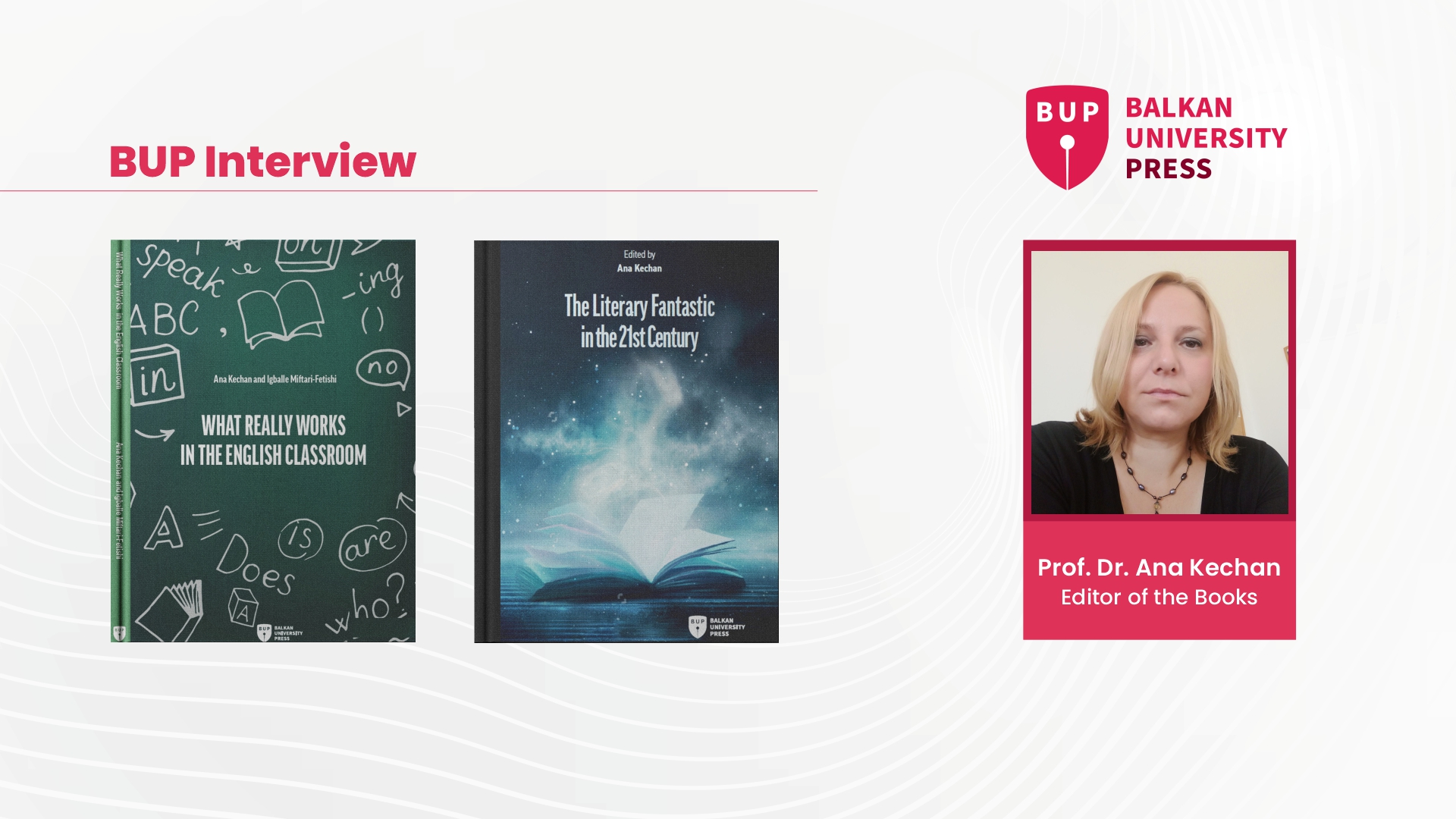
Balkan University Press is delighted to share the interview with Prof. Dr. Ana Kechan, the editor of the edited books "The Literary Fantastic in the 21st Century" and "What Really Works in the English Classroom"(co-edited with Igballe Miftari-Fetishi) recently published by BUP.
To begin, could you please explain what inspired you to edit these volumes? Was there a particular experience, academic interest, or gap in the respective fields that motivated you to bring these contributions together?
All of those things – first of all, my academic interests include areas of both literary theory and criticism as well as areas of English Language Teaching methodology. As a teacher trainer, I am mainly interested in the practical aspects of teaching and I have always felt that what was available in the form of literature for teachers of English is too theoretical. This is why my colleague and I decided to ask practicing teachers about practical ideas that they have tried in their own teaching – ideas that actually work in the classroom, as the title itself suggests. Then, as a reader and a fan of fantasy literature, I felt there was a gap in the form of a systematic overview of the literary fantastic in this new century, in which the genre has indeed flourished and taken on new forms either inspired by or independent from literary texts. That is what the second edited book The Literary Fantastic in the 21st Century is trying to achieve.
AI and digital tools are emphasized as transformative forces in language pedagogy today. In your view, what are the biggest opportunities and challenges these technologies pose for language teachers?
I believe the one area of great opportunity when it comes to AI and digital tools is the creating or generating of materials, even though we are still debating as to the authenticity of such materials. Nonetheless, AI tools can generate engaging materials and activities thus enabling teachers to create more motivating and more unique lessons which move away from traditional materials and coursebooks. There is then the speculation that in the future teachers (including language teachers) will become obsolete as AI takes over all teaching, but I do not think or believe that will ever be achieved because teaching and learning involve two elements inherently non-existent in AI and digital tools. The first one is human contact, essential to any learning and the second is the sense of frustration without which learning cannot really take place.
The foreword of the edited book "What Really Works in the English Classroom" written by Letizia Cinganotto, who is a researcher at the University for Foreigners of Perugia, Italy, mentions the post-method era and the need for flexibility in teaching. How does your book help instructors navigate this complexity in real classroom settings?
I would confidently say that the book enables teachers to do exactly that – navigate the need for flexibility in teaching as it contains novel ideas, such as AI tools, or new takes on old ideas, as in the examples of using translation and dictation in the classroom.
On the other hand, in the foreword of the edited book "The Literary Fantastic in the 21st Century," written by Frank Weinreich, he refers to the fantastic as a “distorting mirror” of reality. As an editor, how do you see the role of fantasy literature evolving in today’s social and political climate?
All humanity is born out of the collective unconscious and the fantastic world of the symbolic – we all come from a world of fantasy in our childhoods. The beauty of fantasy literature is both its universality and archetypal content as well as its ability to reflect, as literature does, the world in which it is created. All literature, and fantasy literature in particular, has a compensatory role and there has never been a greater need for the fantastic than in today’s world in which our bonds with nature and tradition are weaker than ever.
This book brings together diverse perspectives, including non-Western voices and video game studies. How important was it for you to broaden the scope of 'the fantastic' beyond conventional literature?
Stories are transcendental in form and will always find a way to be told, as history has shown us: from cave drawings to songs and the oral tradition, to pictographic representations of narratives, to written texts, translations, to new modalities in the form of TV shows, motion pictures and video games. There is rarely a genre better suited to be represented visually in the form of a video game than the fantastic in which secondary world creation is just as possible and present as it is in the video games. As stated above, the fantastic narratives contain universal elements that are bound to be found in non-Western literary texts as well, and in the edited book we have two texts that analyze two such contexts – Asian and Slavic.
Ana Kechan, PhD, is a full professor at the International Balkan University in Skopje, North Macedonia. She has a BA in English Language and Literature, an MA in English Literature and a PhD in Literary Hermeneutics. She has the CELTA and DELTA from the University of Cambridge and is a CELTA trainer for teachers of English, as well as a Gestalt counselor. Areas of interest include the relationship between psychology and literature, Jungian interpretation of literary works (and psychological hermeneutics in general), fantasy and the fantastic, folklore, as well as English teaching methodology. She is the author of the following books: The Dark Side of Otherness (2019), The Jungian Hermeneutic Method (2020), Day/Night (2021), Dusk/Dawn (2021) and Tolkienian Essays (2022). She is the editor of Reimagining the Works of J.R.R. Tolkien (2022).
Latest News
-
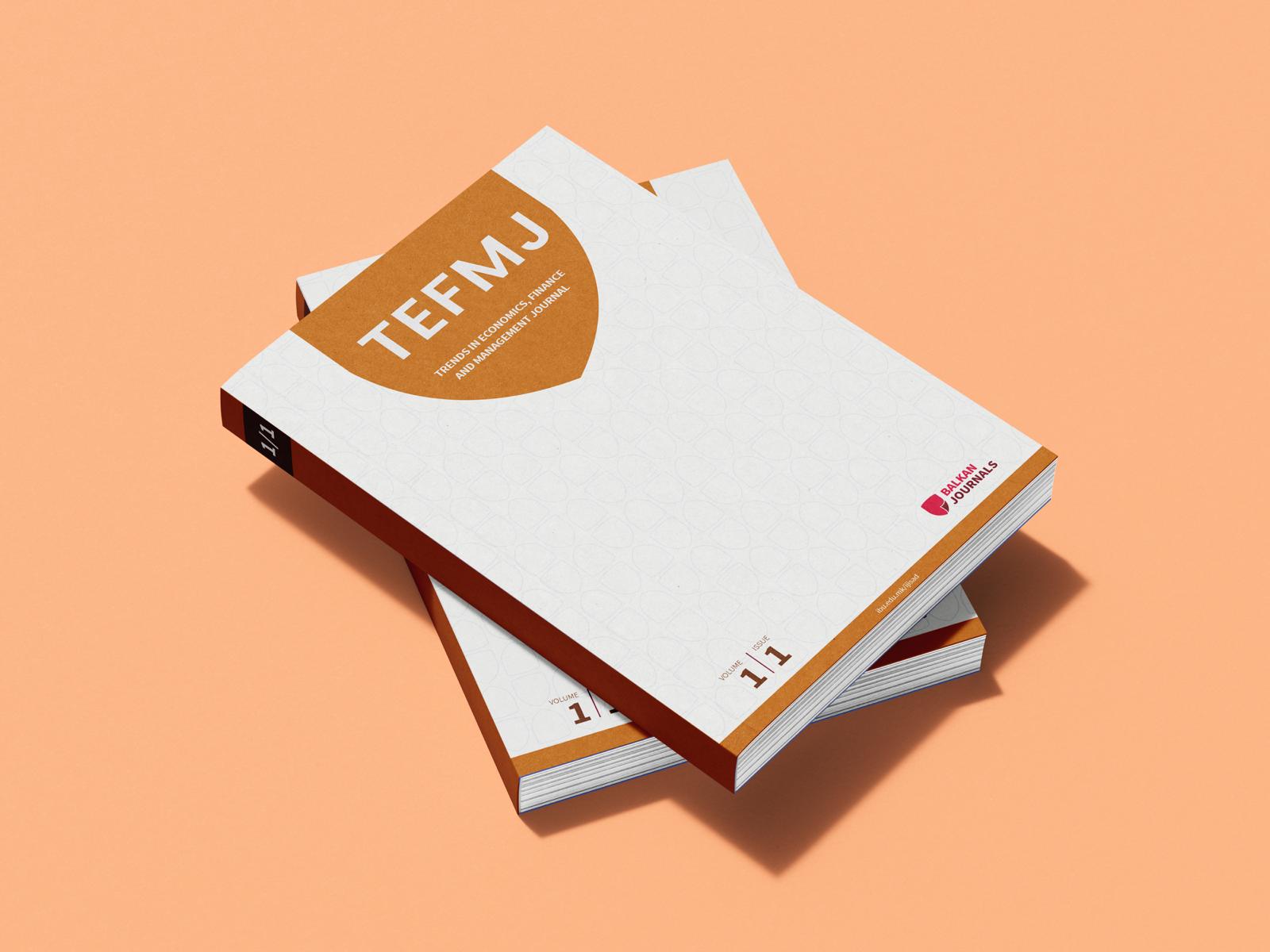
Opened call for the new issue of TEFMJ
Date: 10.02.2024 -
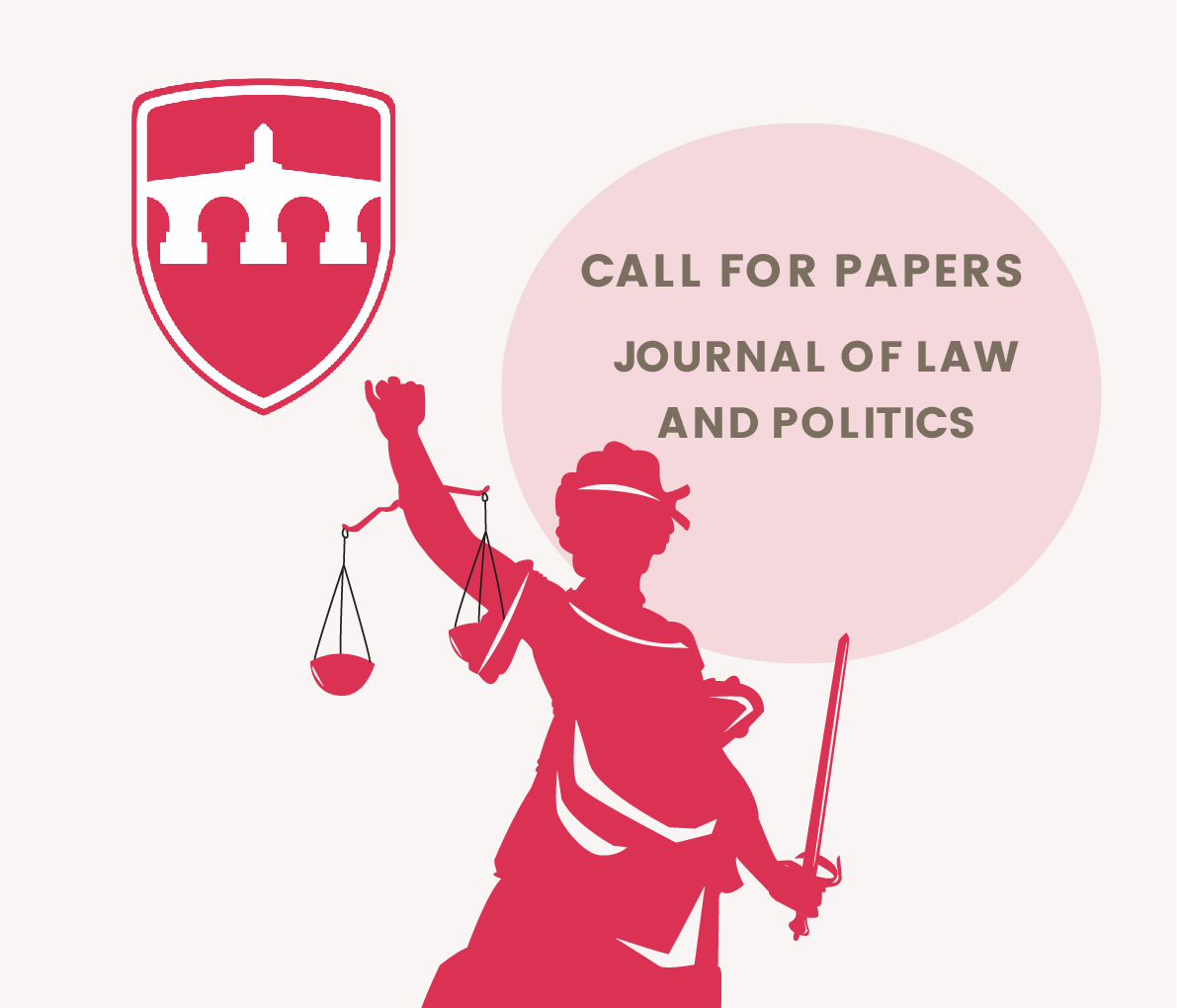
The Journal of Law and Politics welcomes your papers
Date: 10.02.2024 -
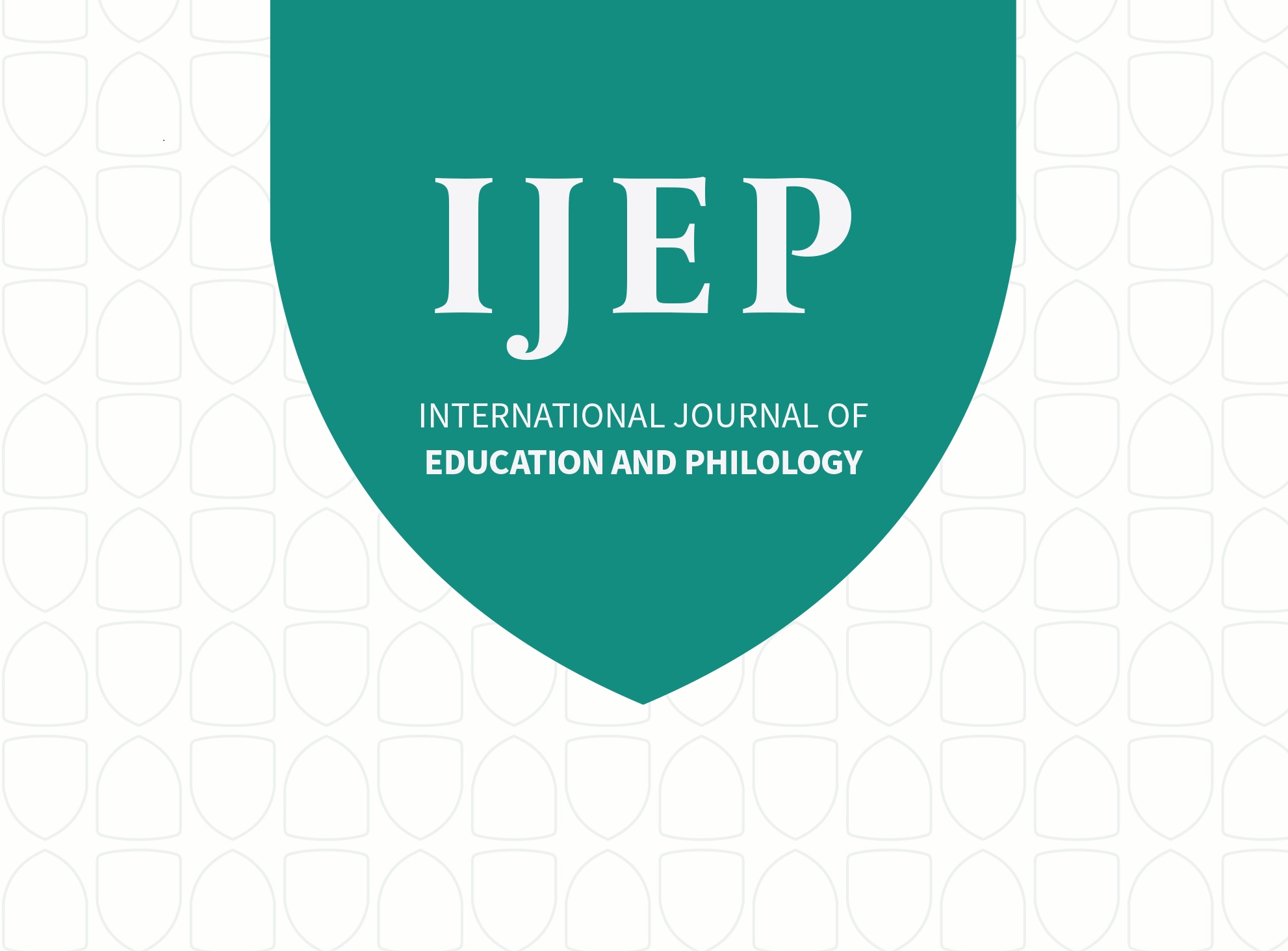
-

Call for Papers for an Edited Volume
Date: 27.05.2024 -

Open Call for Chapter Proposals
Date: 27.05.2024 -

The new issue of Journal of Law and Politics is here!
Date: 01.05.2024 -

TEFMJ June issue is published
Date: 01.07.2024 -

IJEP's Vol. 5, Issue 1 is now available!
Date: 02.07.2024 -

Vol. 4, Issue 1 - IJTNS
Date: 01.07.2024 -

The first IJAD volume is online!
Date: 02.07.2024 -

Balkan University Press Launches the Journal of Balkan Architecture
Date: 15.07.2024 -

-
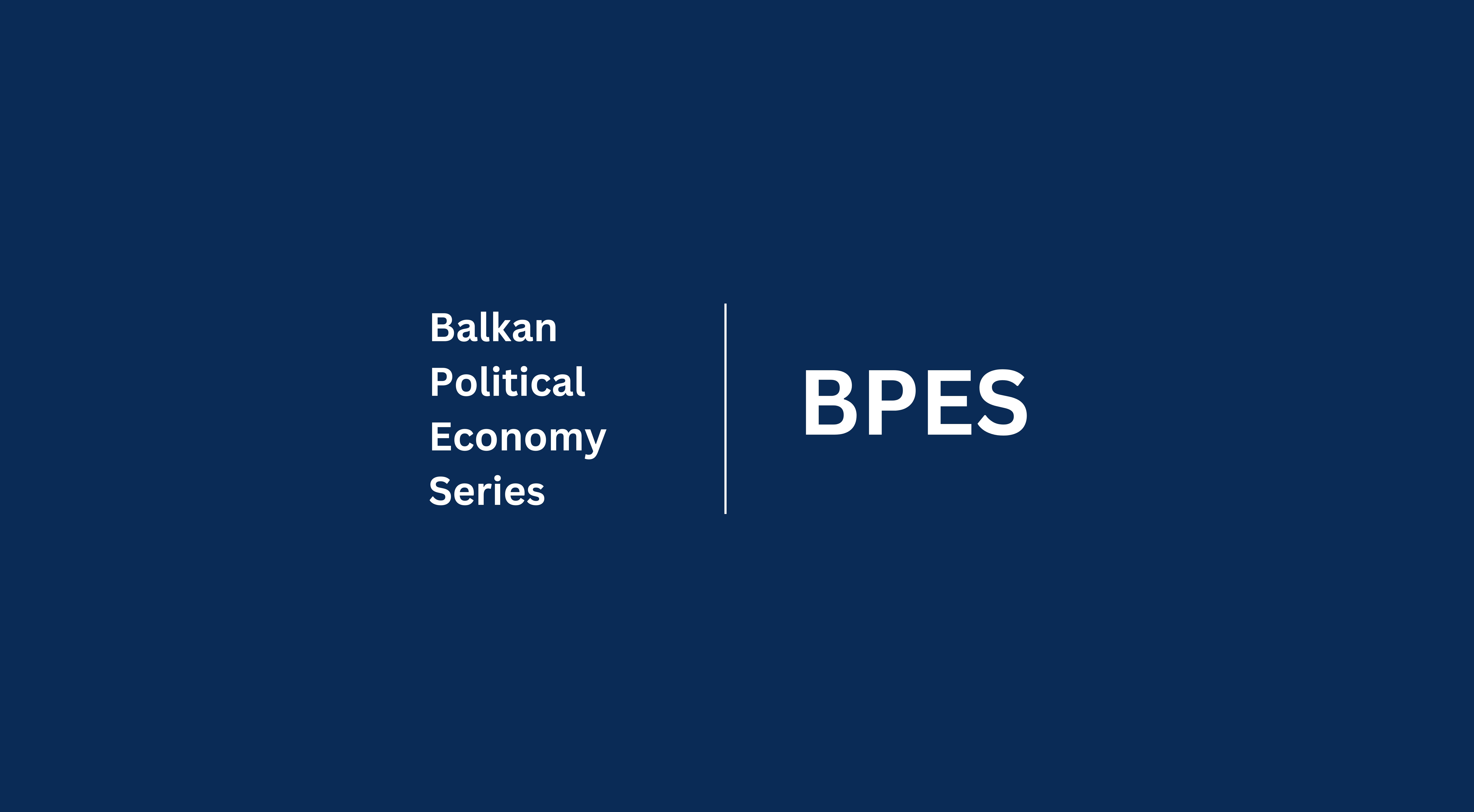
Balkan Political Economy Series welcomes your proposals
Date: 18.07.2024 -
BUP Interview with Prof. Marija Miloshevska Janakieska
Date: 18.07.2024 -
BUP Interview with Asst. Prof. Dr. Ahmet Lökçe
Date: 24.07.2024 -

-
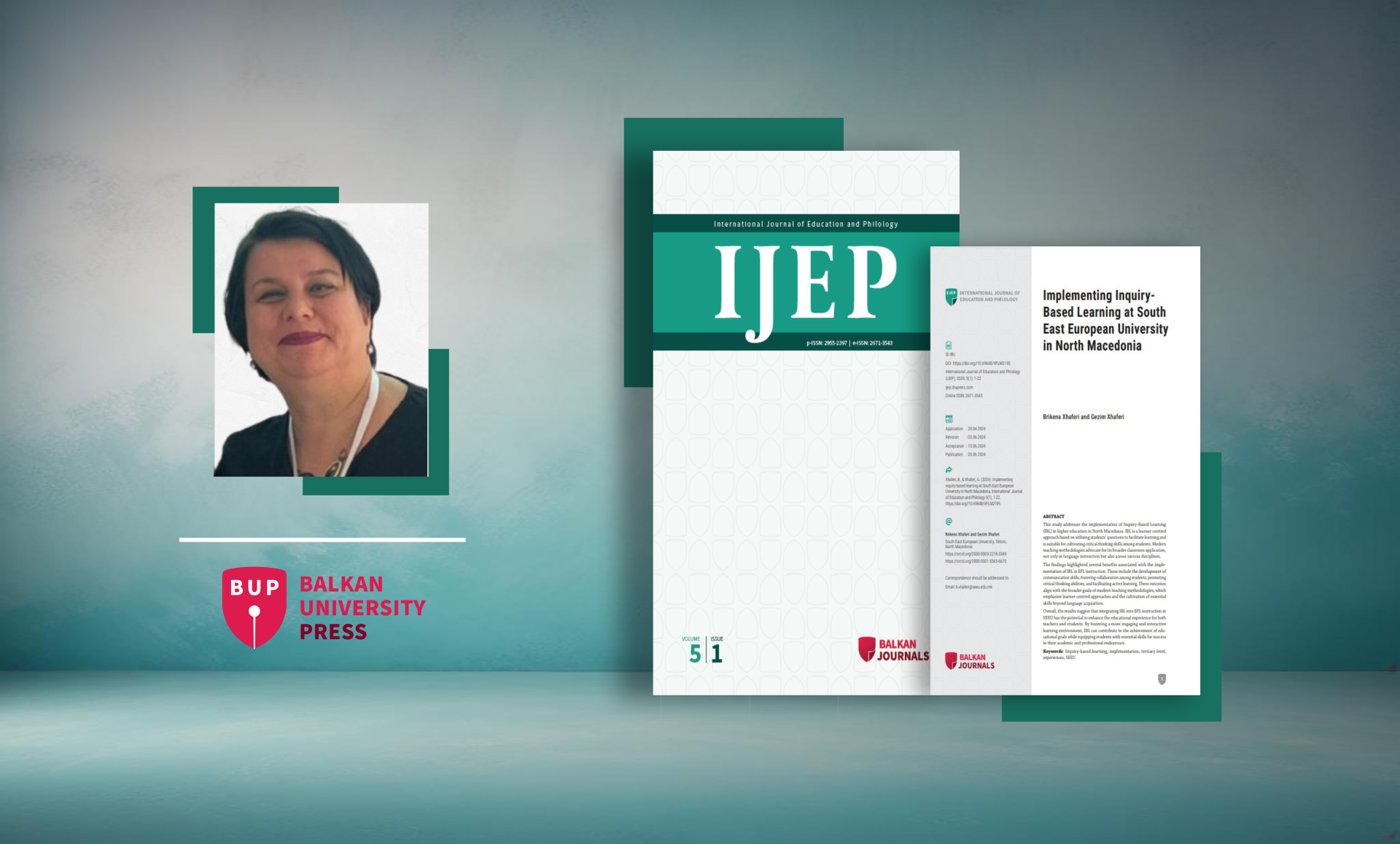
Prof. Xhaferi's blog for BUP
Date: 28.08.2024 -
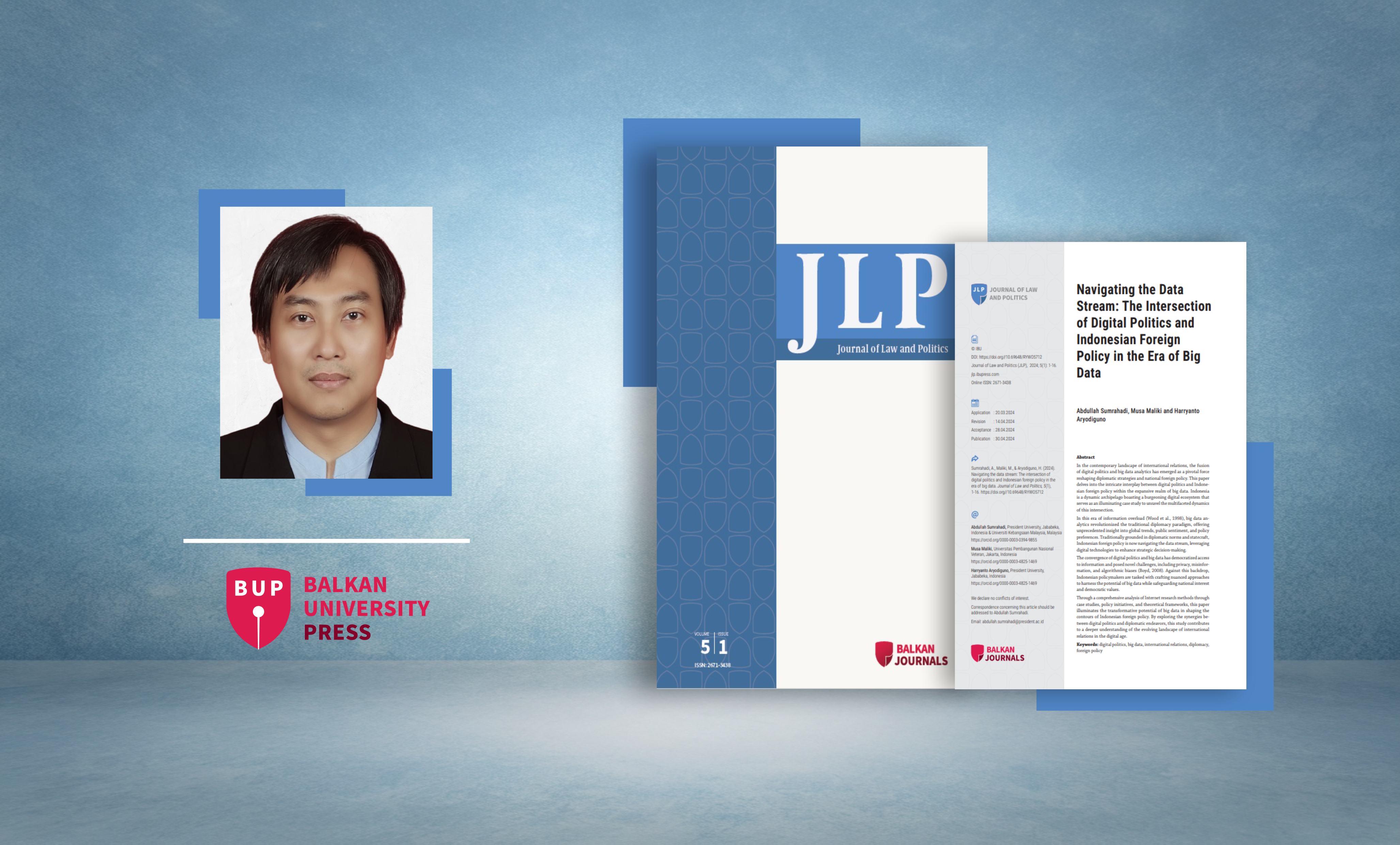
-
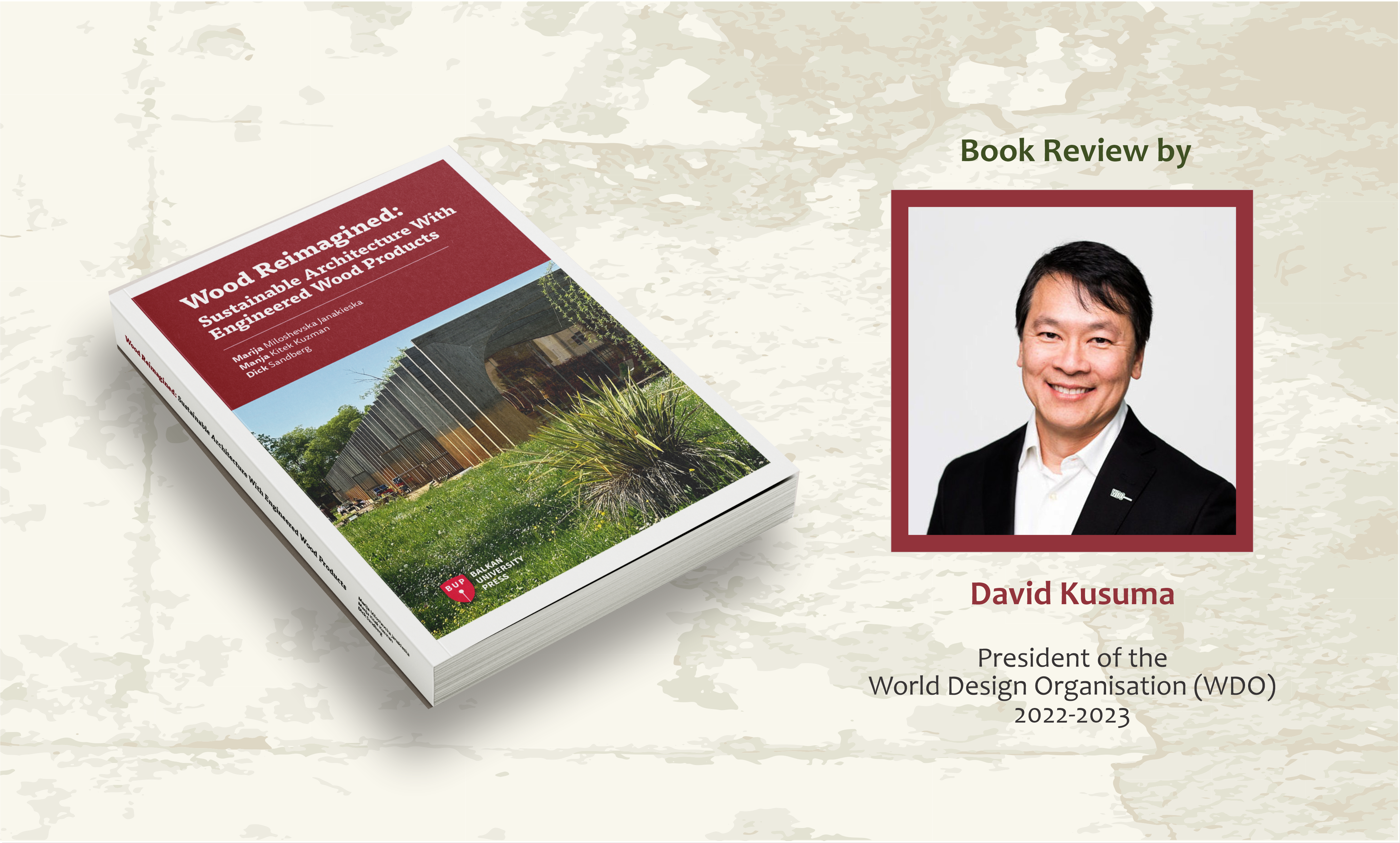
-

IJEP is now indexed in the Copernicus Journals Master List
Date: 23.09.2024 -
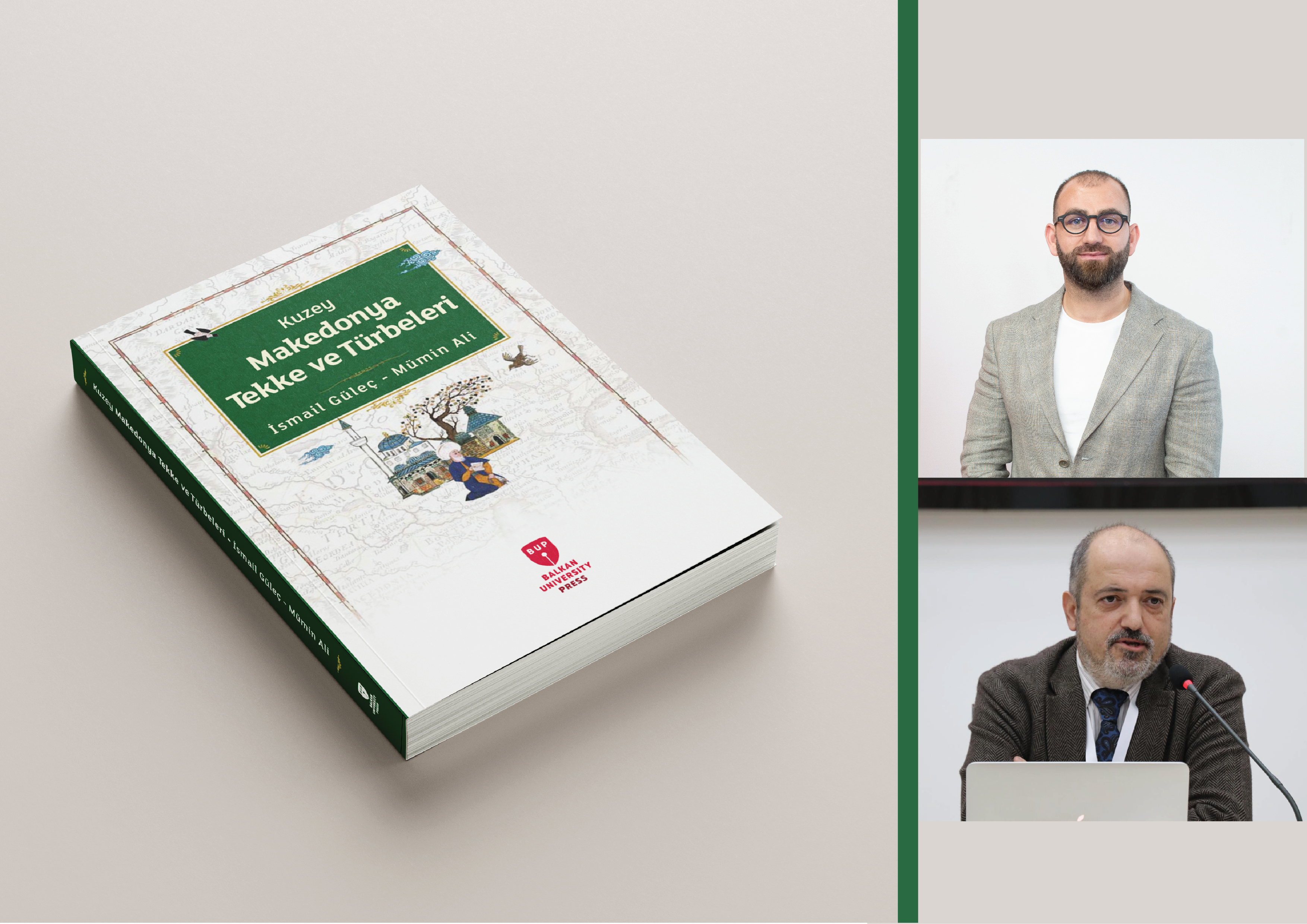
BUP INTERVIEW WITH PROF. ISMAIL GÜLEÇ AND ASST. PROF. MÜMIN ALI
Date: 26.09.2024 -
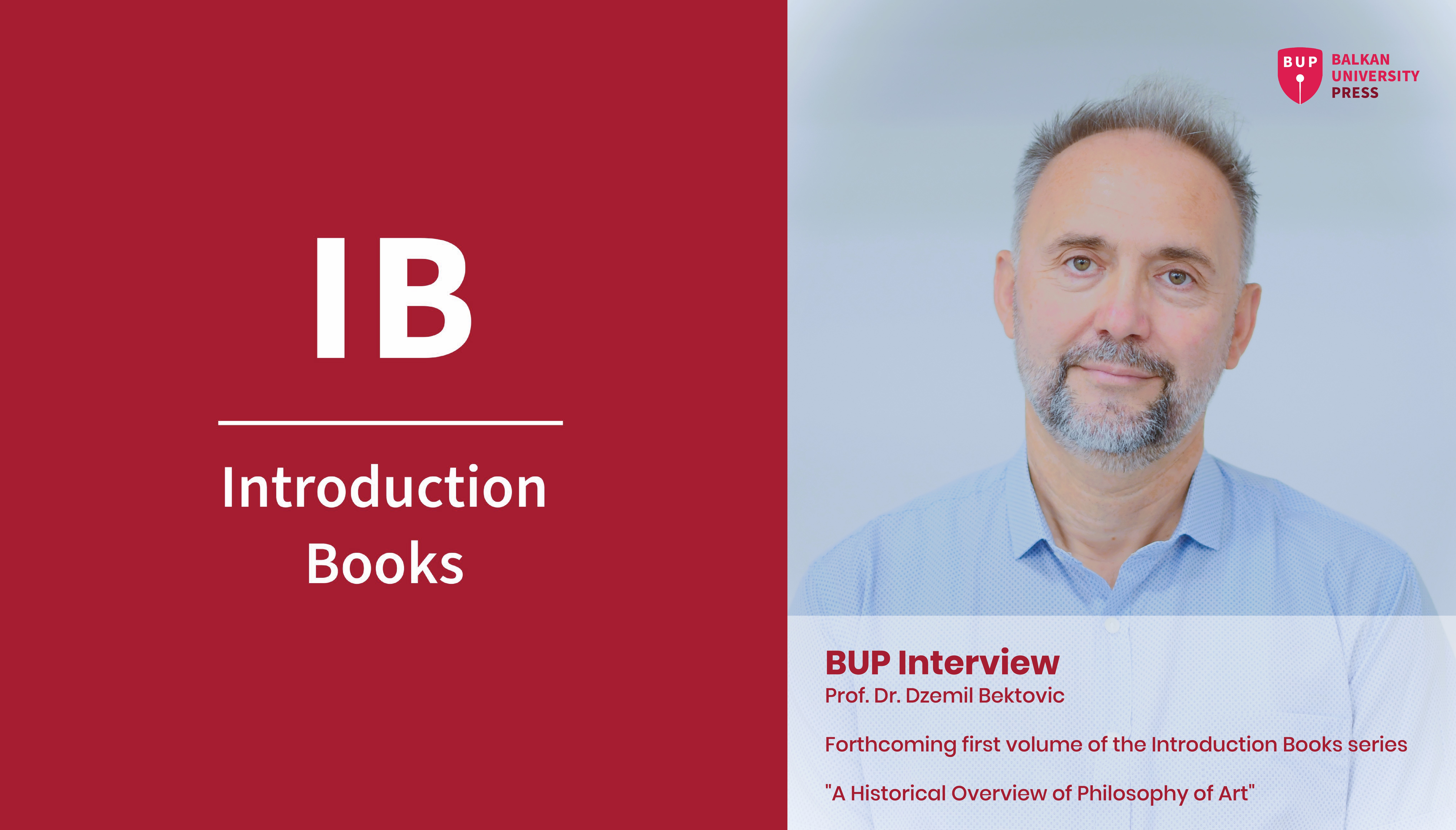
BUP Interview with Prof. Dzemil Bektovic
Date: 04.10.2024 -
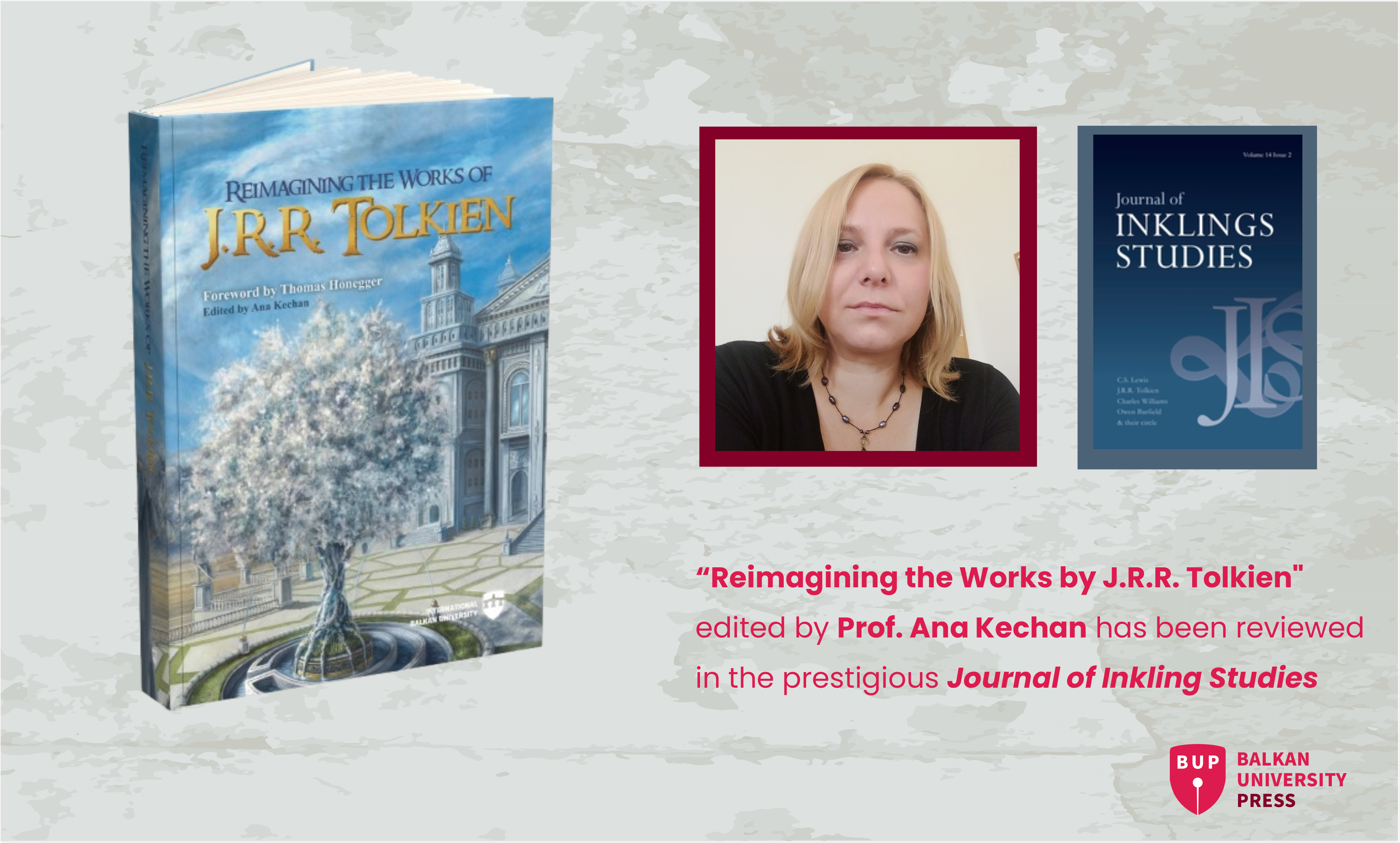
-
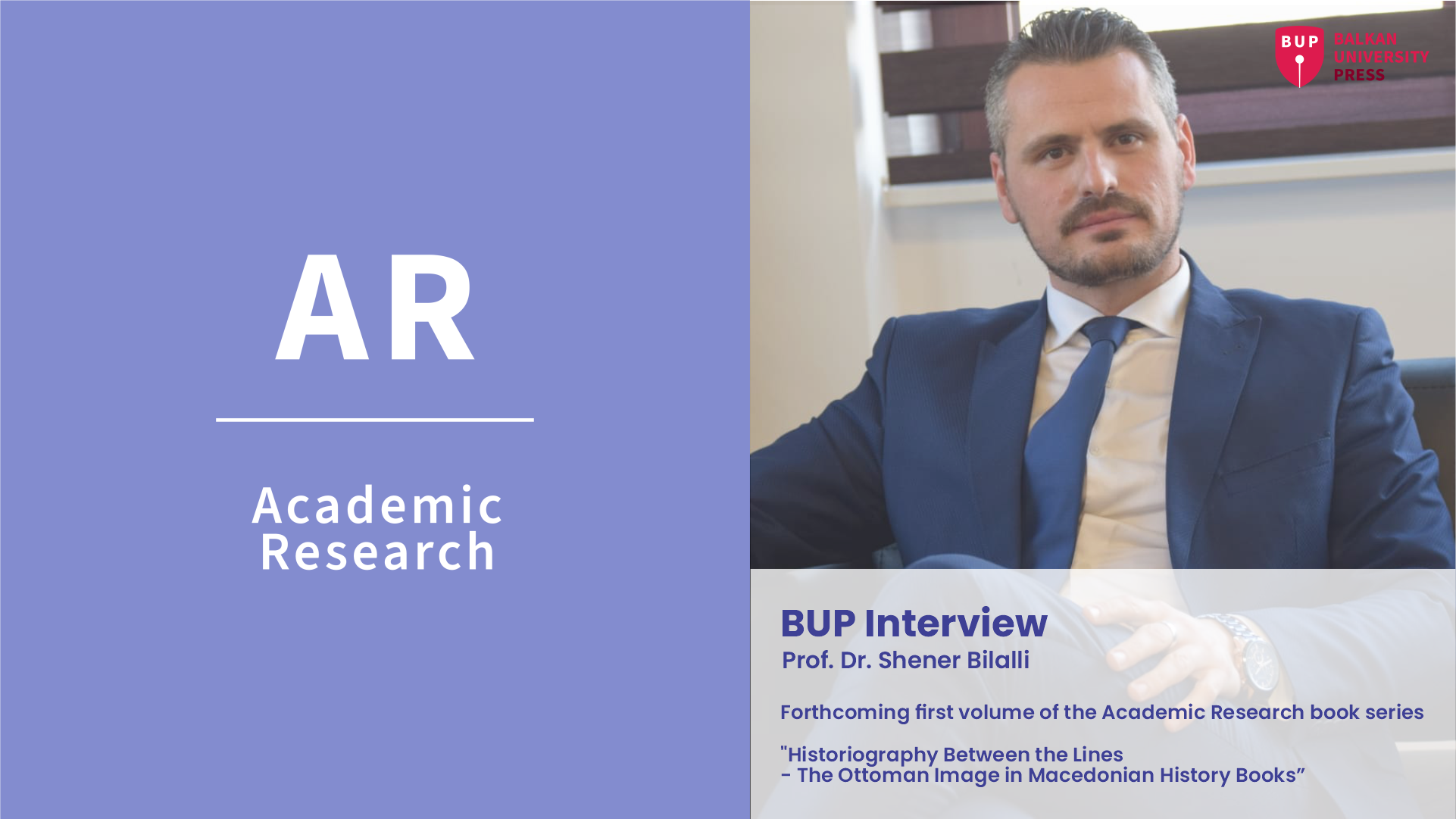
BUP Interview with Prof. Shener Bilalli
Date: 30.10.2024 -
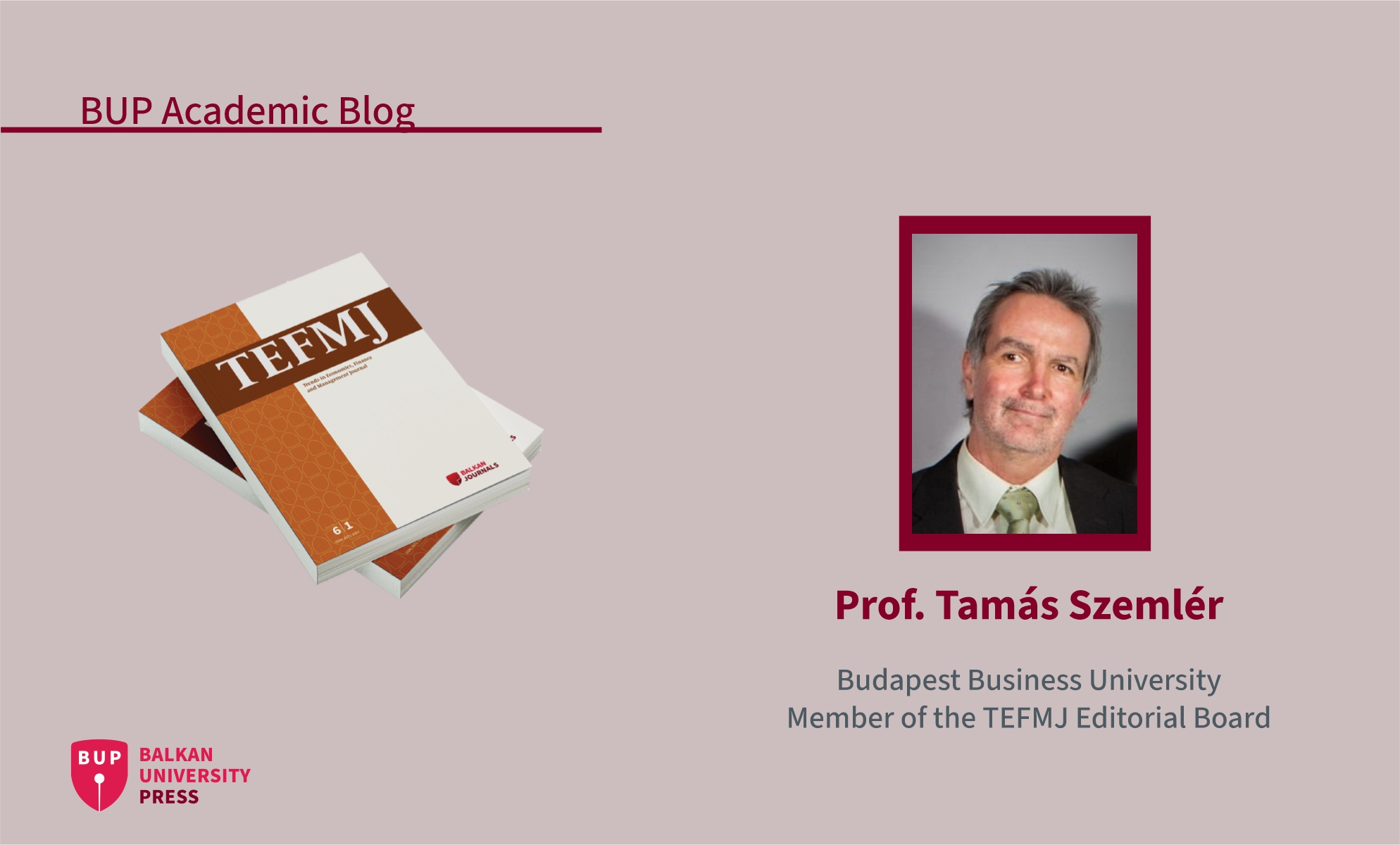
BUP Academic Blog with Prof. Tamás Szemlér
Date: 08.11.2024 -
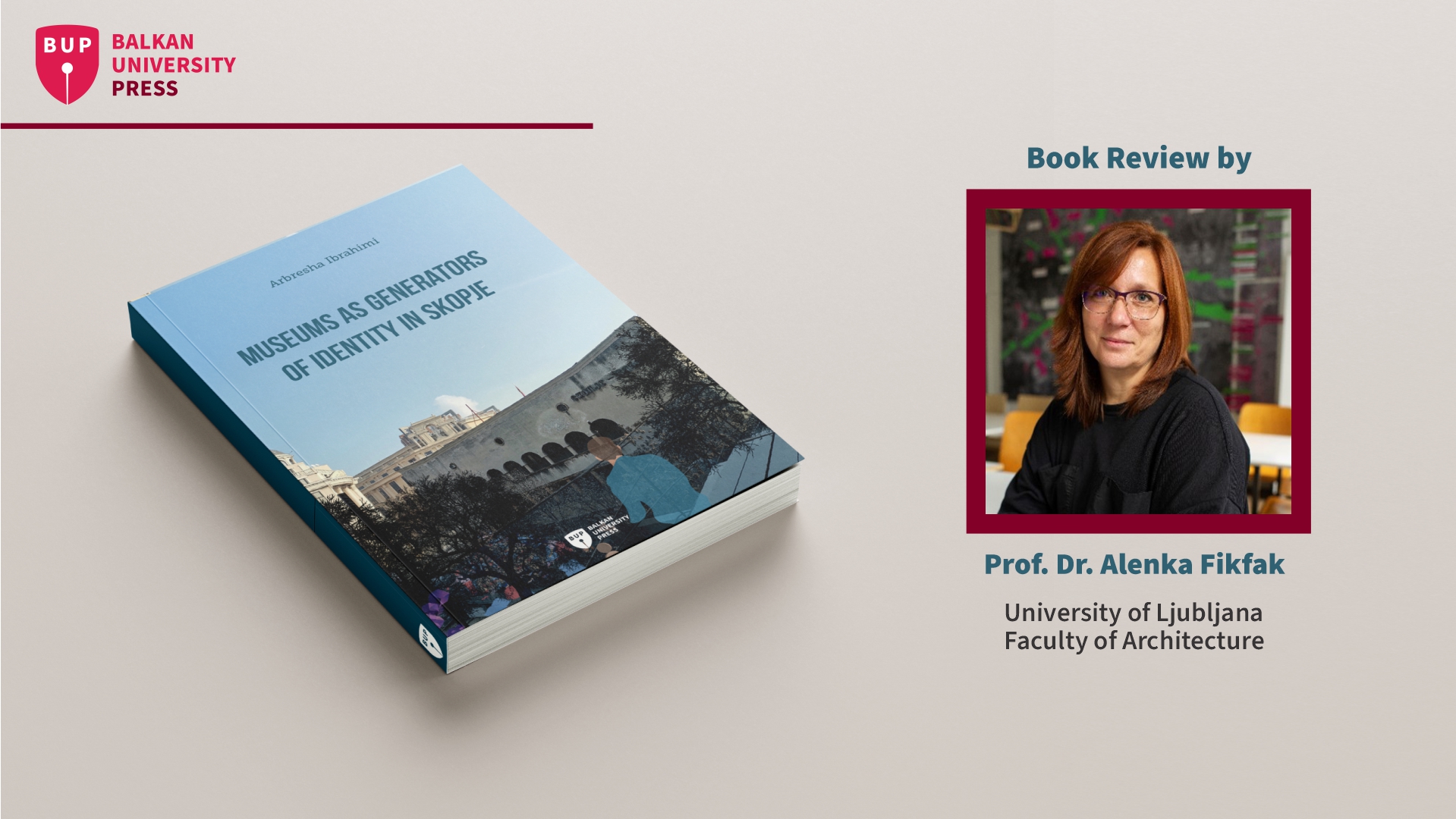
Book Review for "Museums as Generators of Identity in Skopje"
Date: 20.11.2024 -
BUP Interview with Arbresha Ibrahimi
Date: 25.11.2024 -

The first volume of Balkan Research Journal is here
Date: 02.12.2024 -
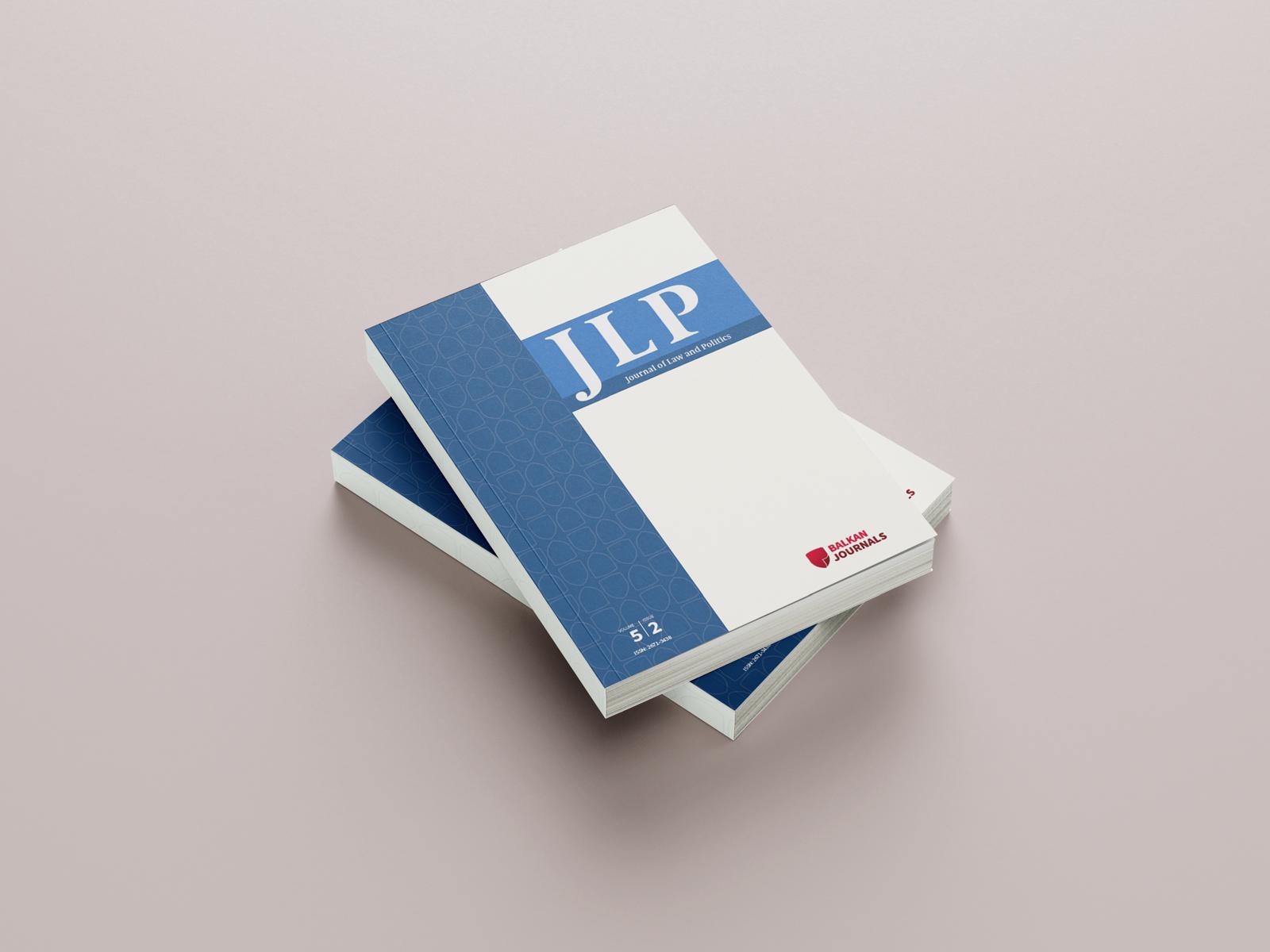
Volume 5, Issue 2 of the Journal of Law and Politics is published
Date: 31.10.2024 -

The inaugural issue of Journal of Balkan Architecture is published
Date: 29.11.2024 -
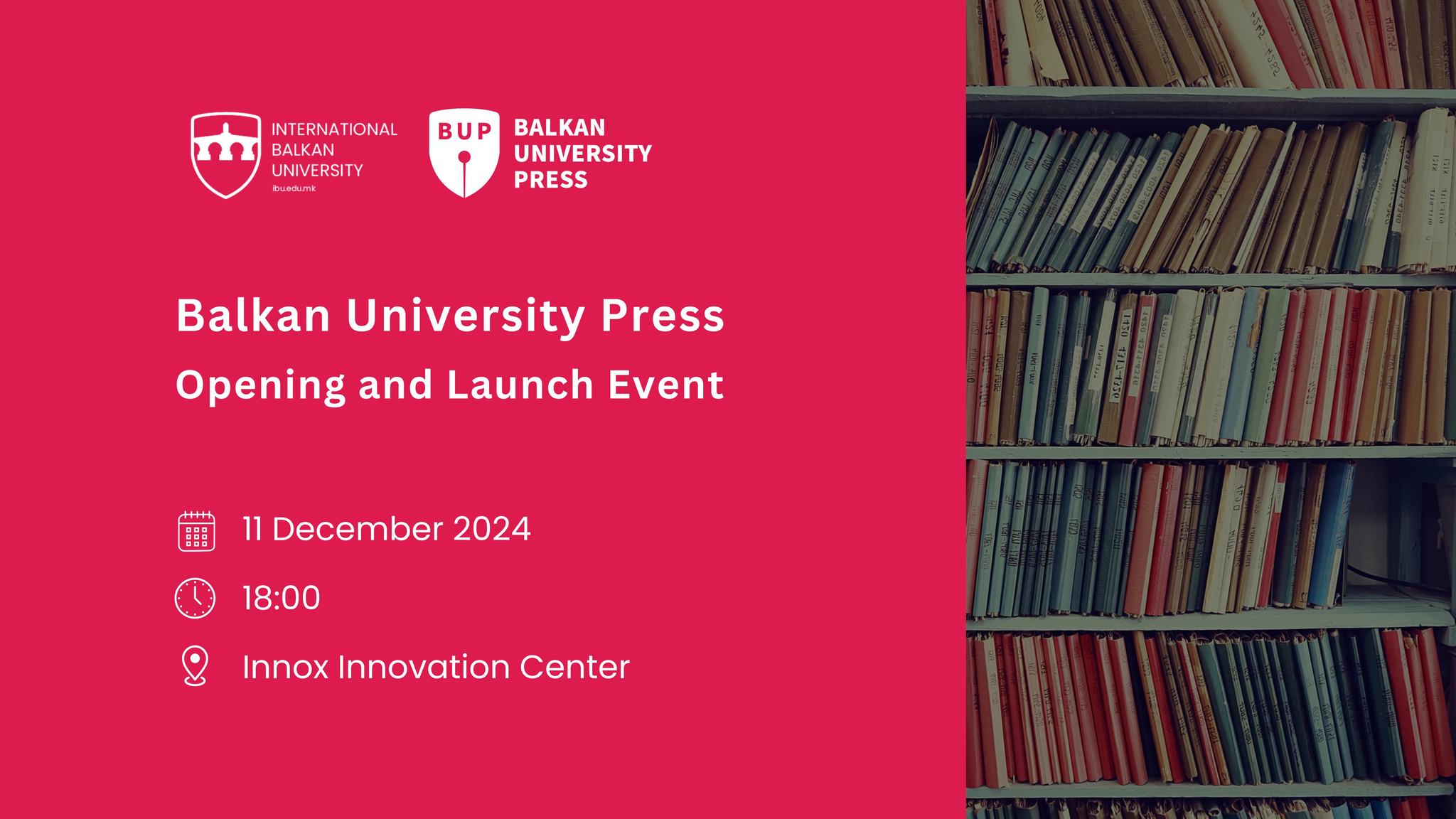
BUP Launch Event
Date: 10.12.2024 -
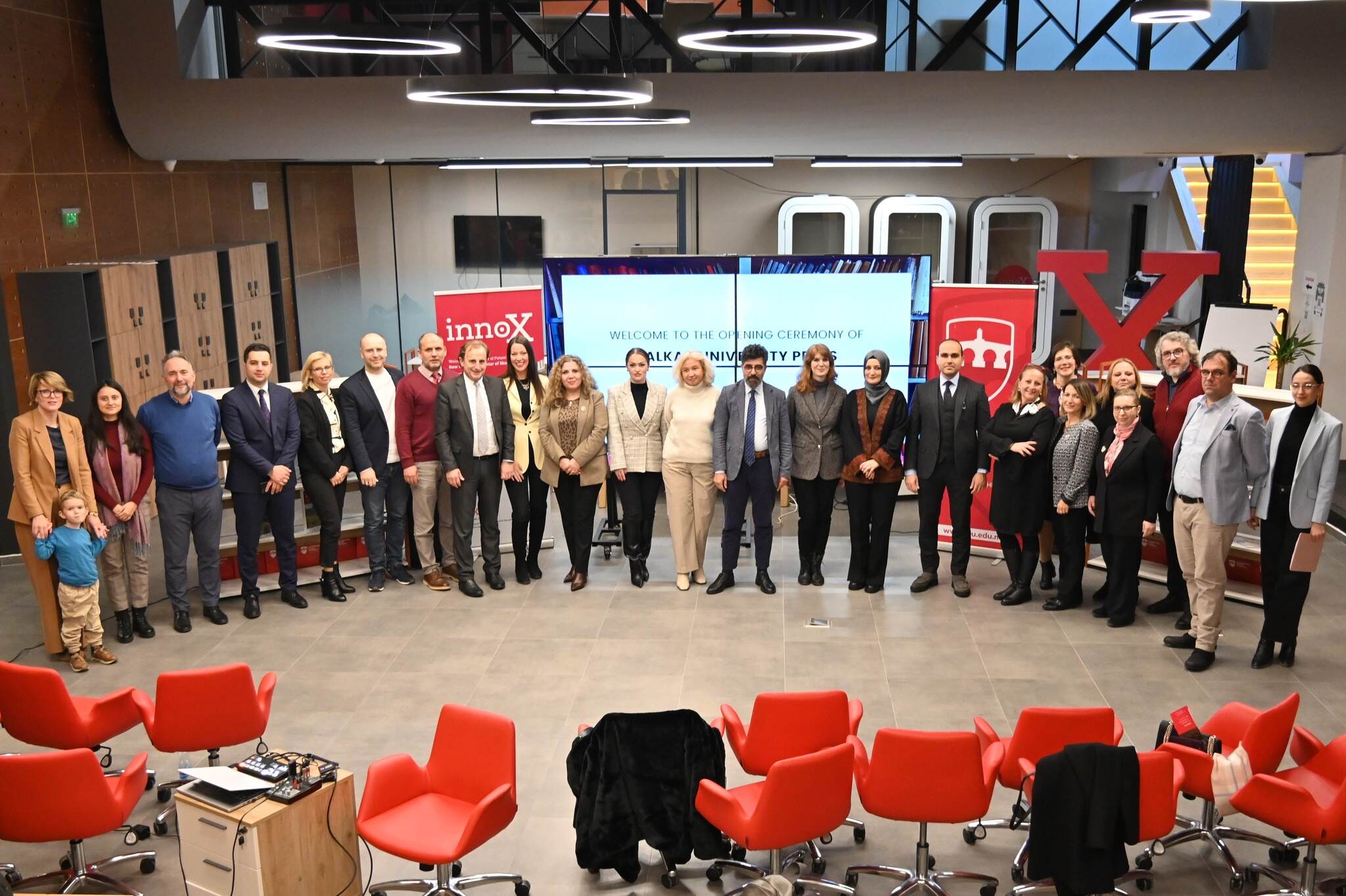
Grand Launch of Balkan University Press
Date: 12.12.2024 -

BALKAN UNIVERSITY PRESS
Date: 09.01.2025 -

Publication of a book
Date: 30.12.2024 -
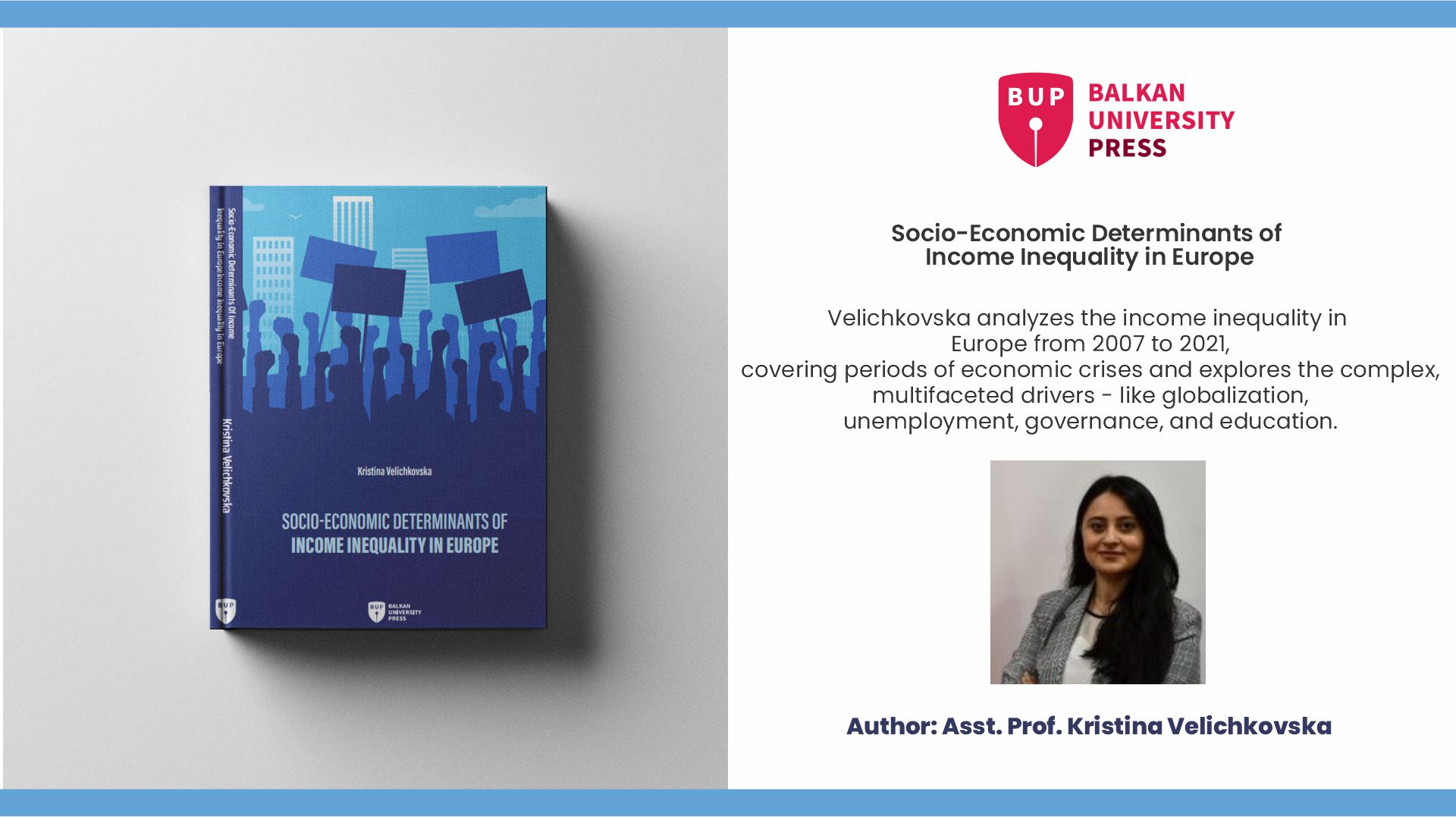
Publication of a book
Date: 24.12.2024 -
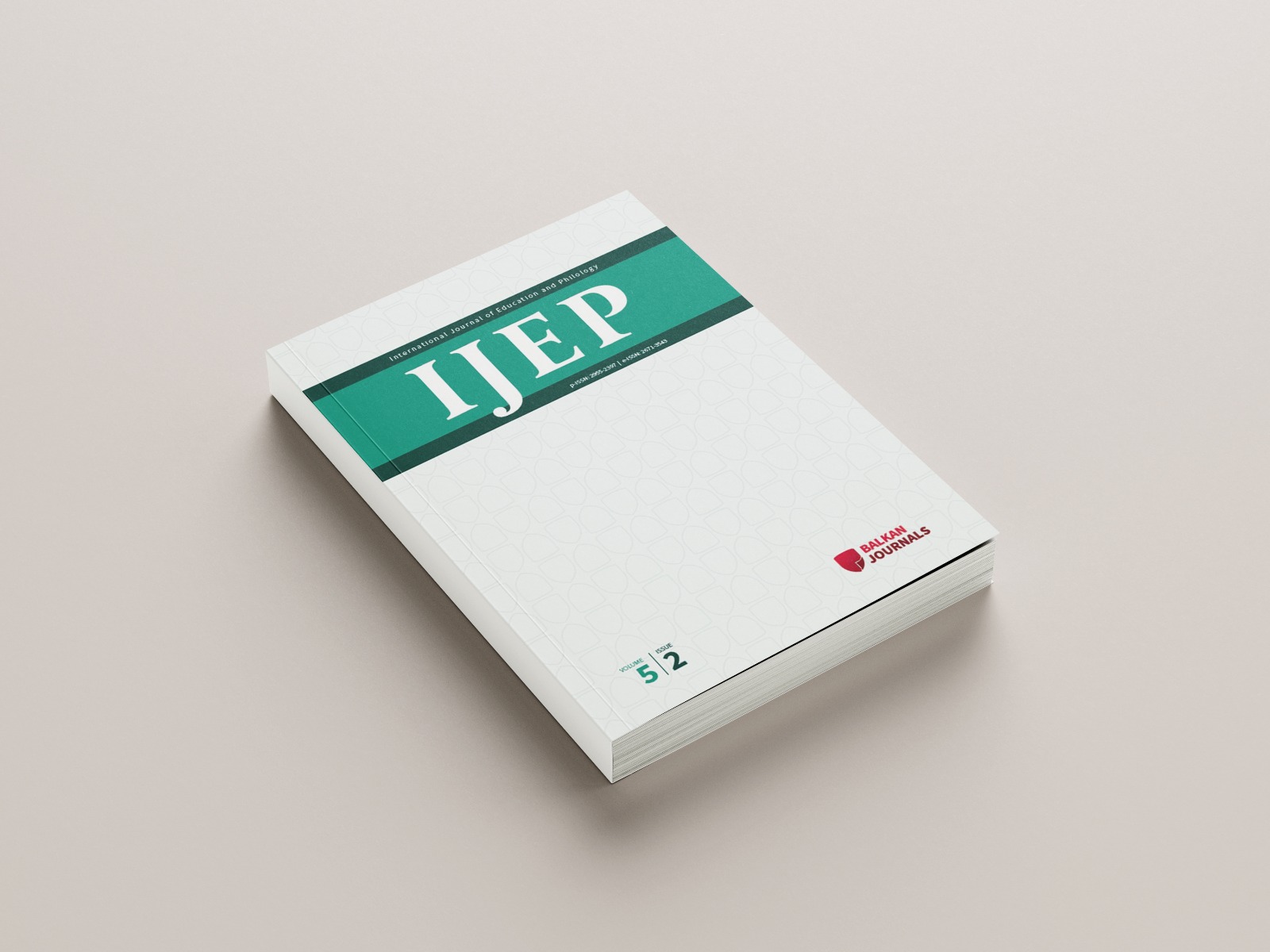
The December Issue of IJEP is published
Date: 31.12.2024 -

The December Issue of TEFMJ is published
Date: 16.01.2025 -
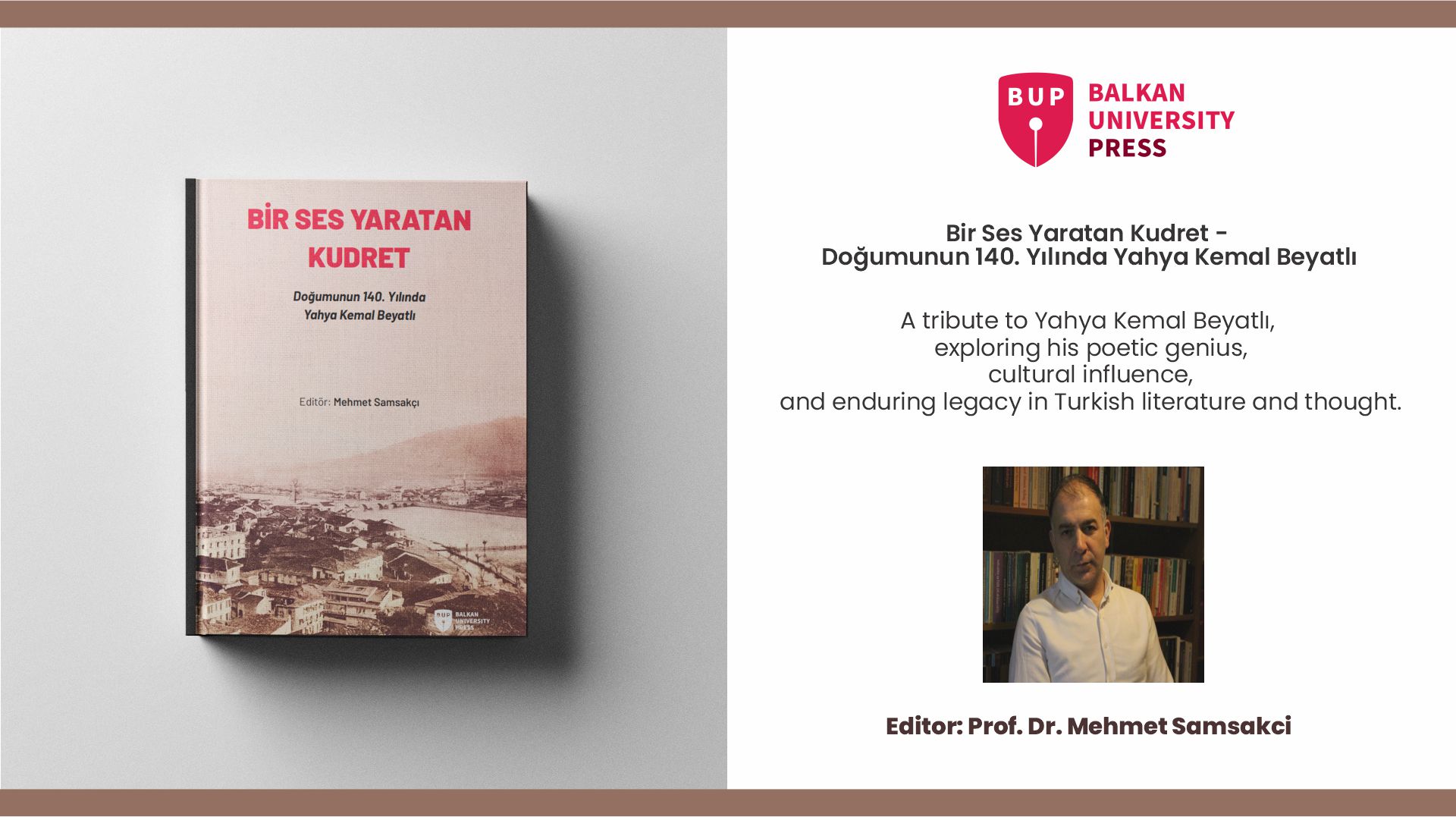
-
BUP Interview with Asst. Prof. Kristina Velichkovska
Date: 29.01.2025 -
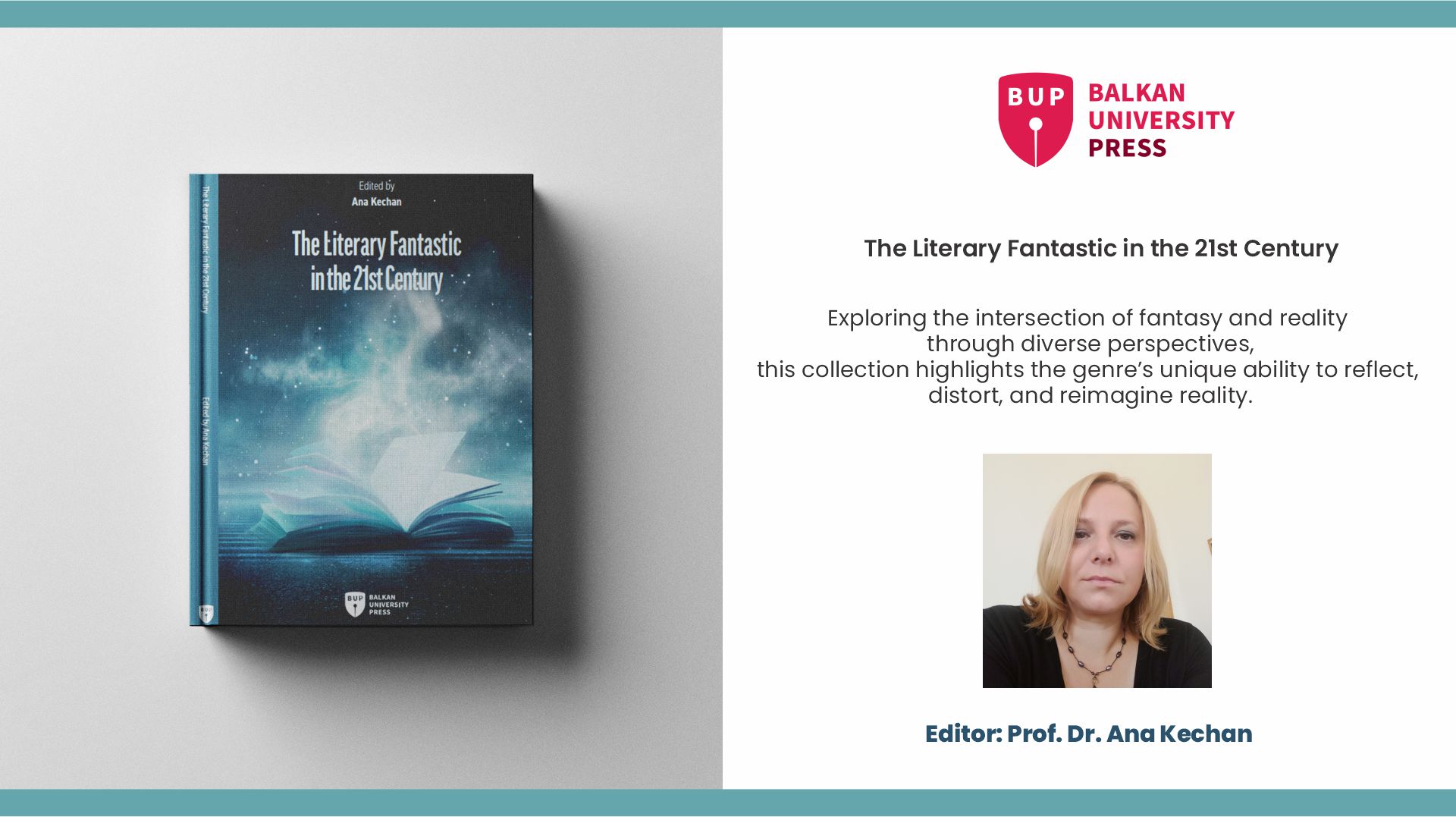
-
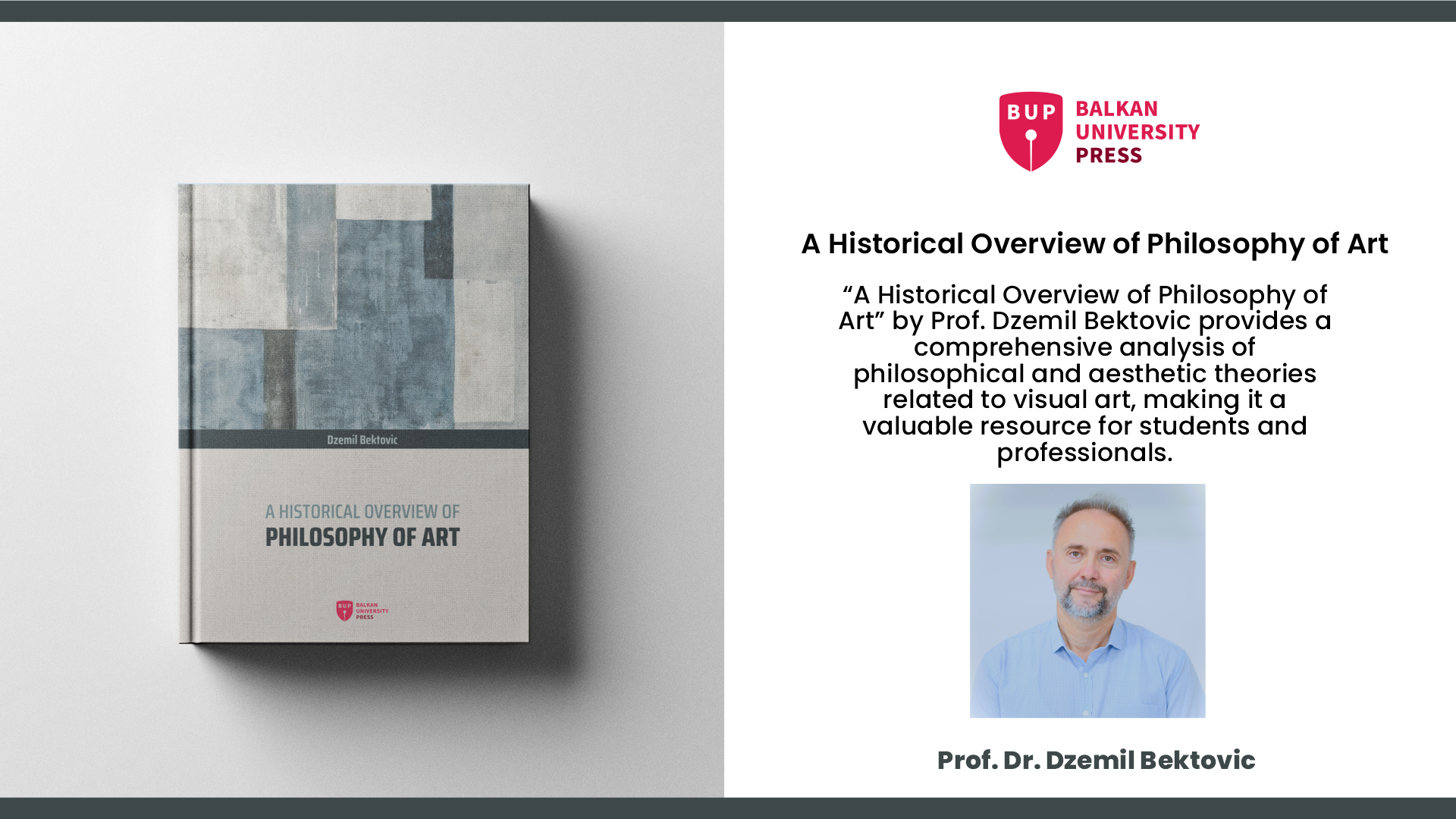
-
BUP Interview with Kefajet Edip
Date: 18.02.2025 -
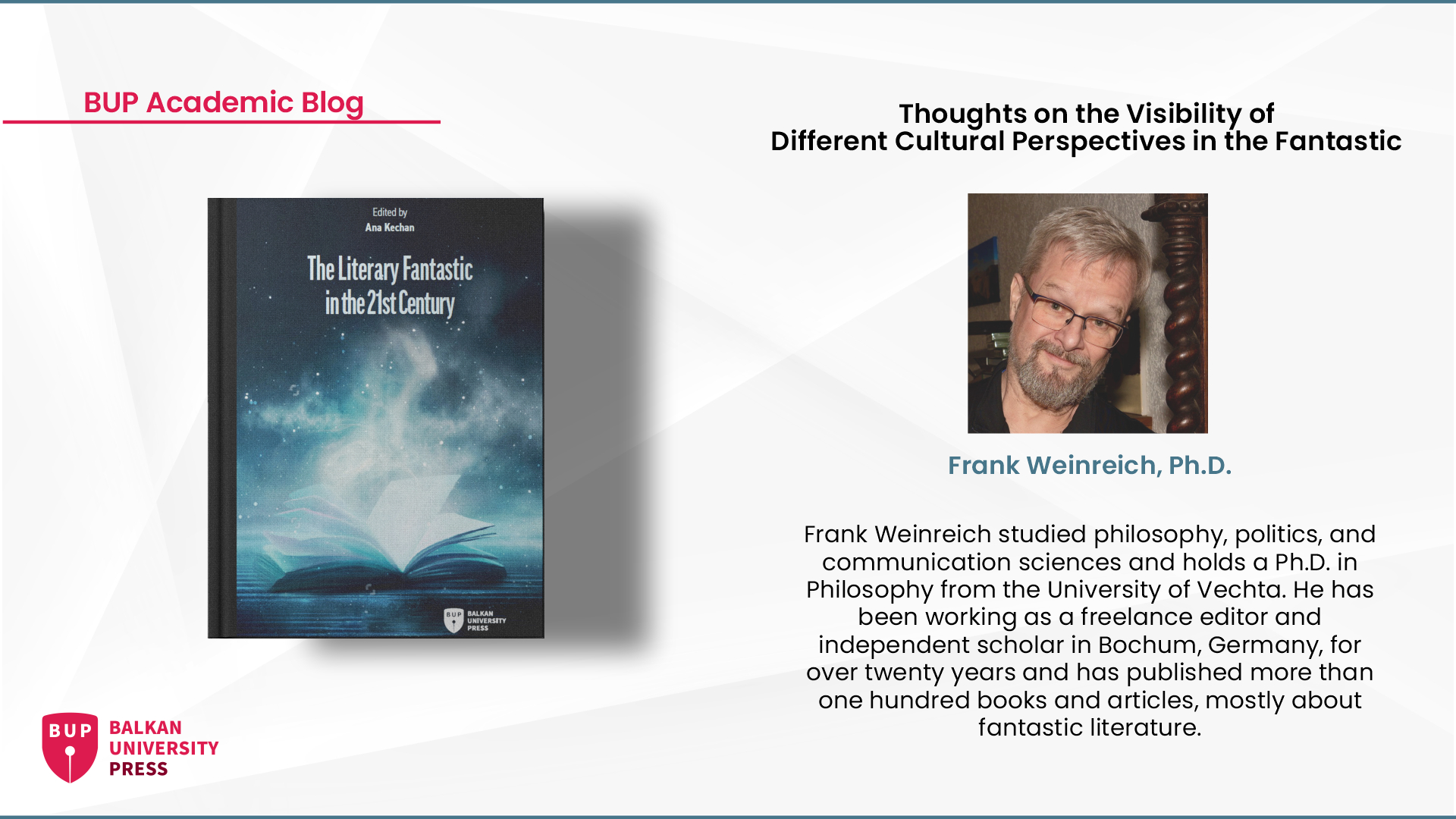
BUP Academic Blog by Frank Weinreich
Date: 20.02.2025 -
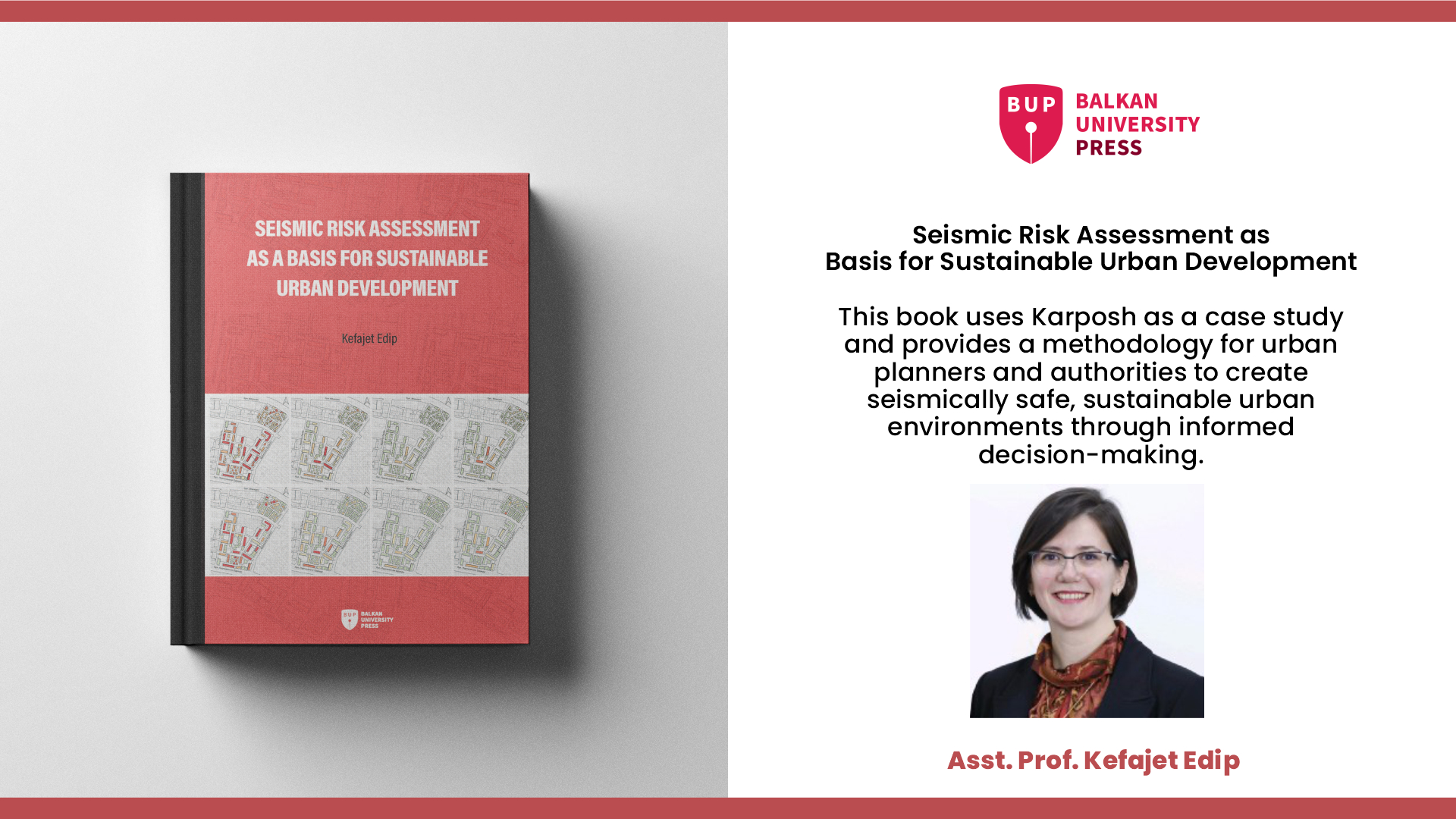
-
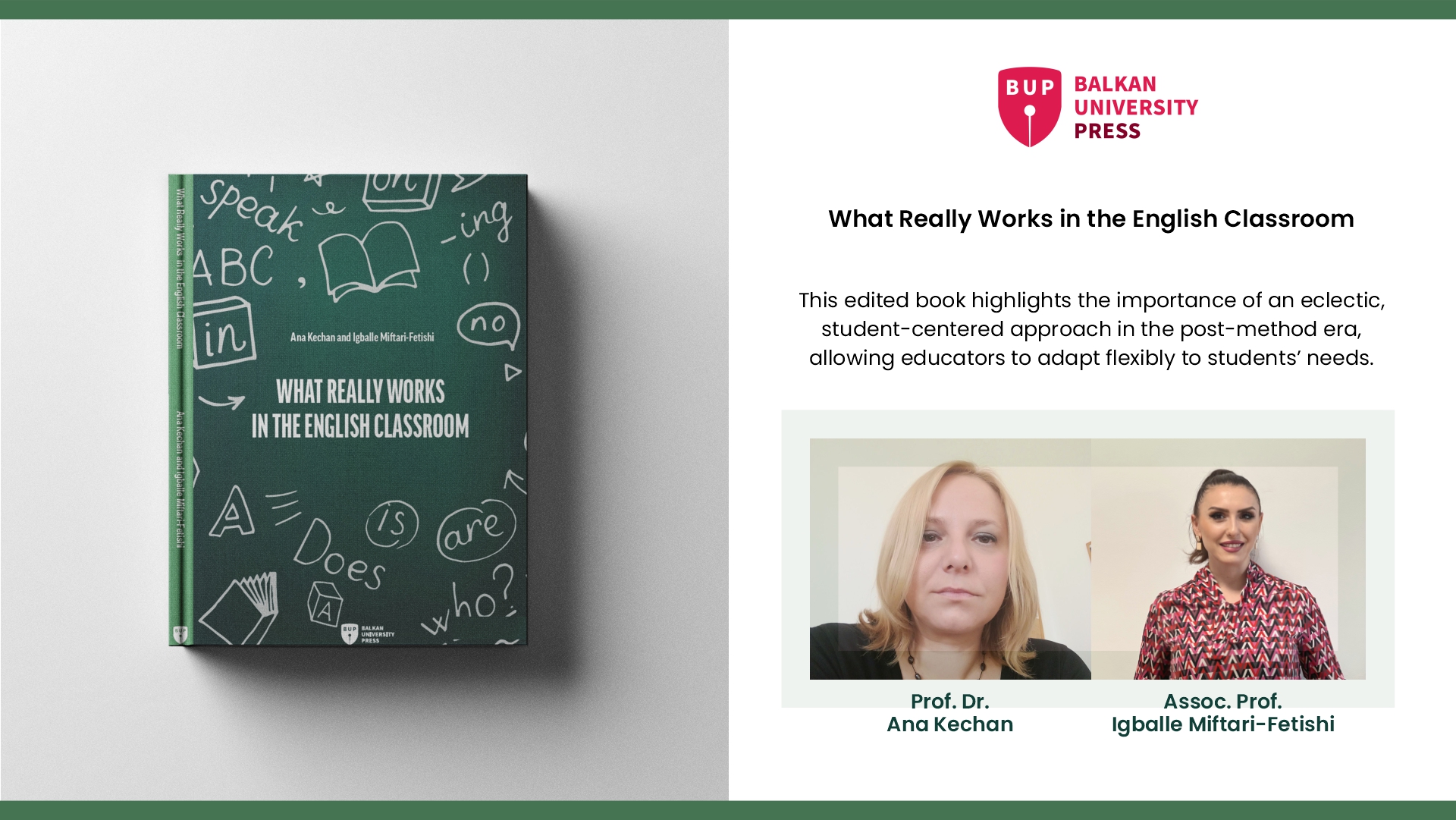
-

BUP Interview with Ozlem Kurt
Date: 14.05.2025 -
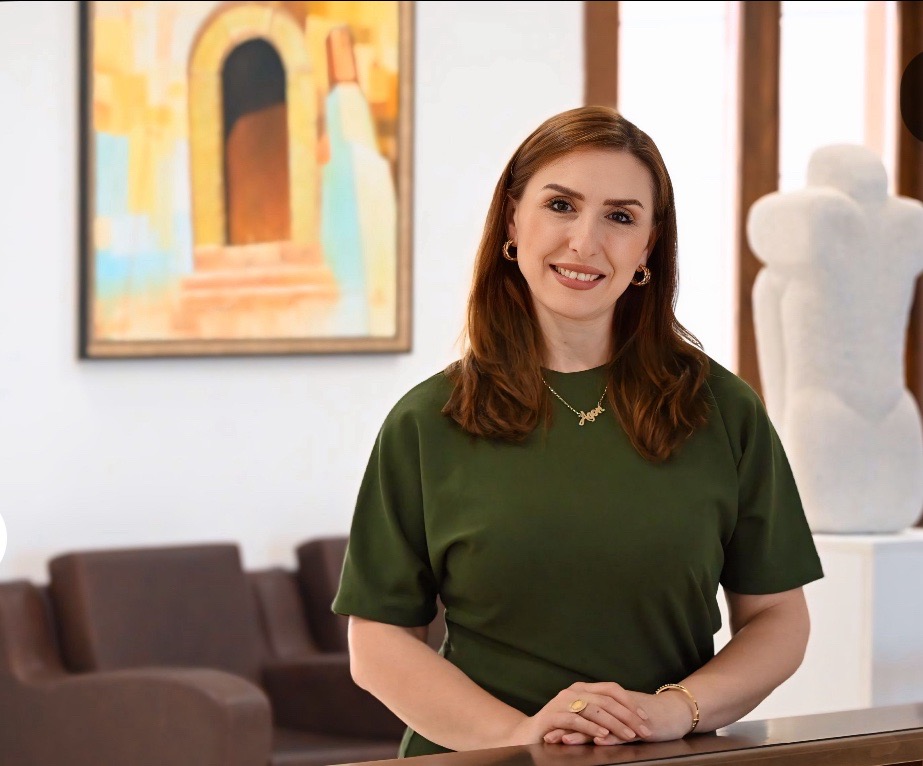
BUP Interview With Assoc. Prof. Igballe Miftari-Fetishi
Date: 03.09.2025 -
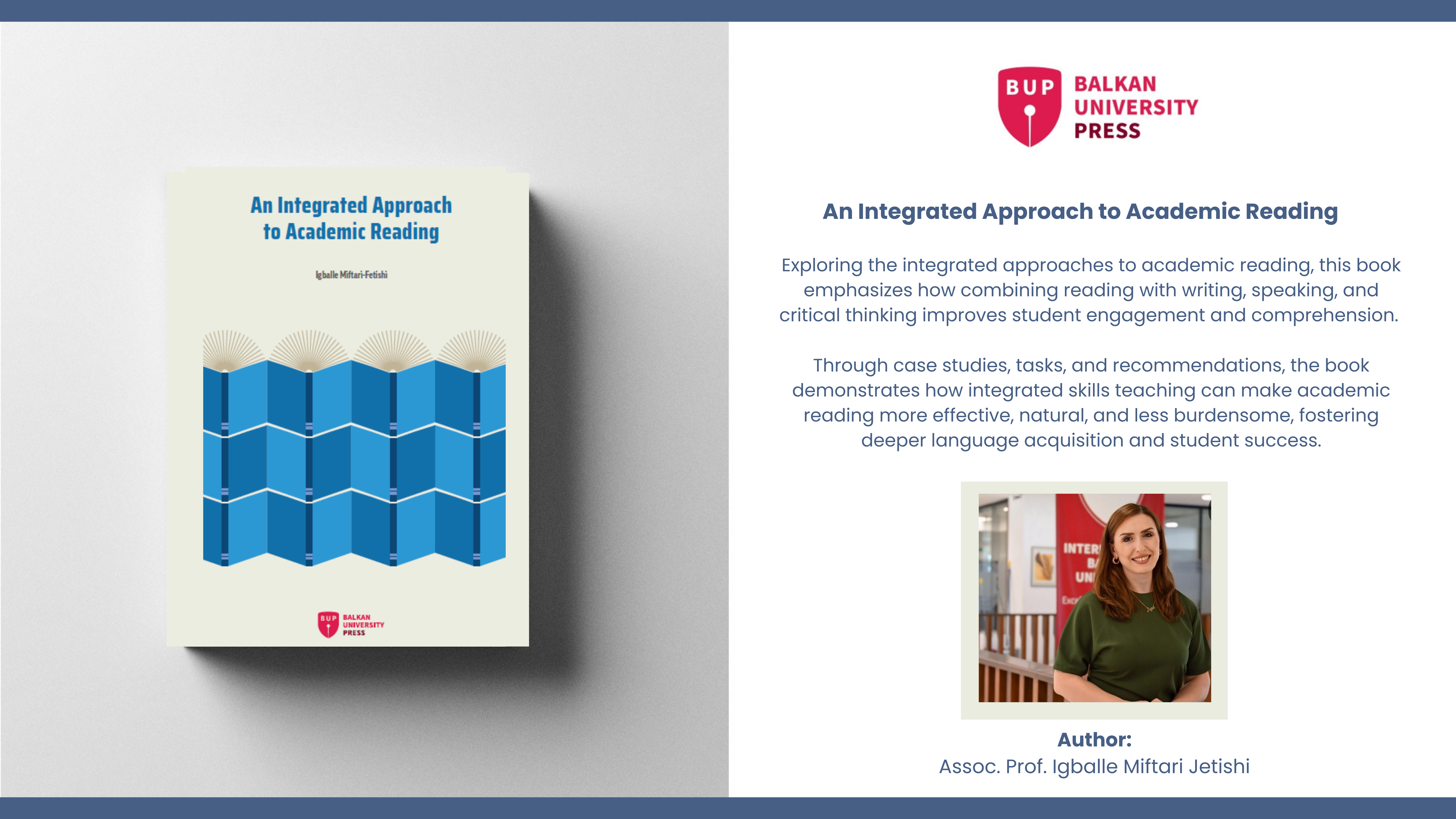
Publication of the book "An Integrated Approach to Academic Reading"
Date: 09.09.2025 -
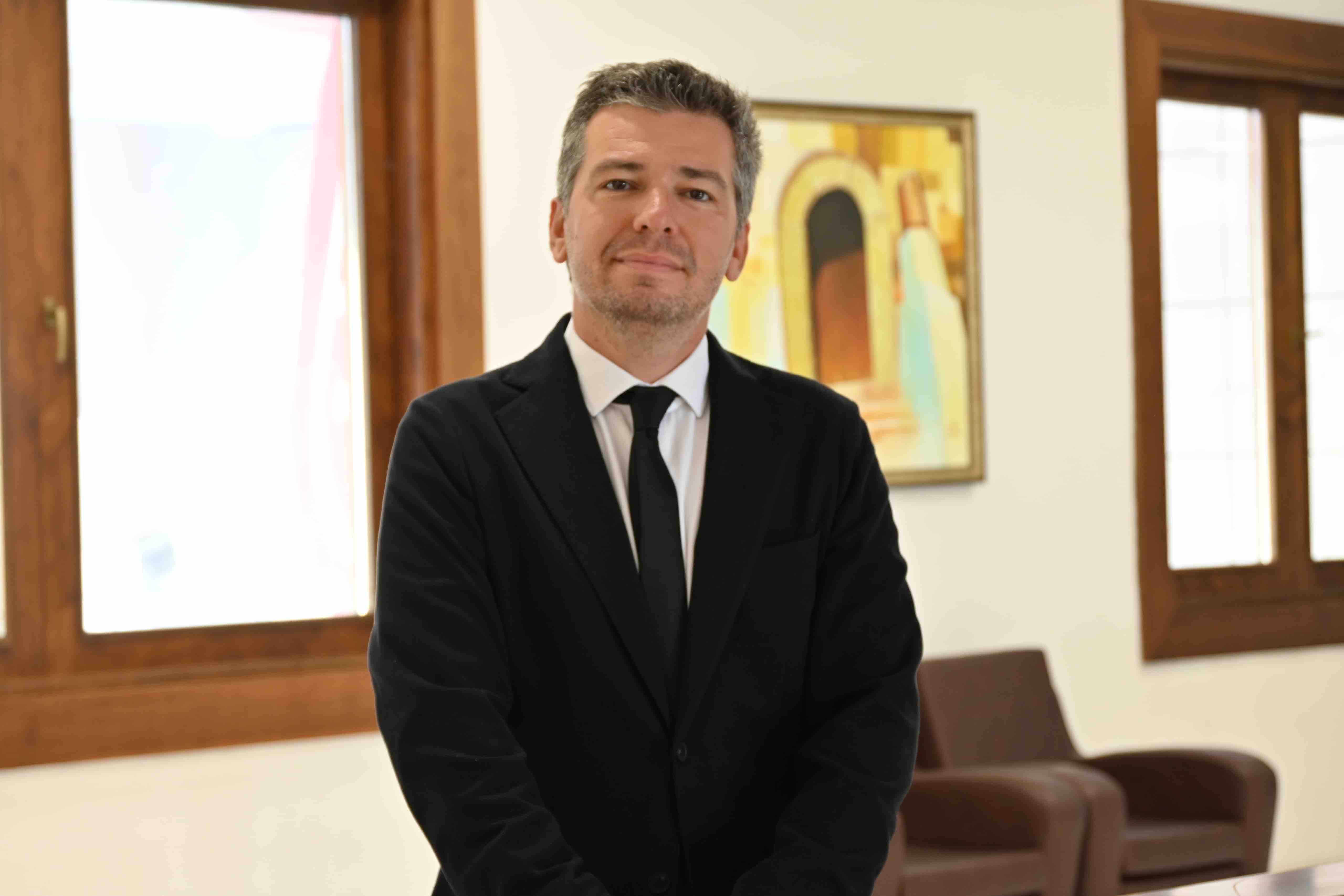
BUP Interview with Nikola Dacev
Date: 15.09.2025 -

Publication of the book "Civil Law"
Date: 17.09.2025 -
BUP Interview with Ekaterina Namicheva Todorovska
Date: 22.09.2025 -
.png)
-
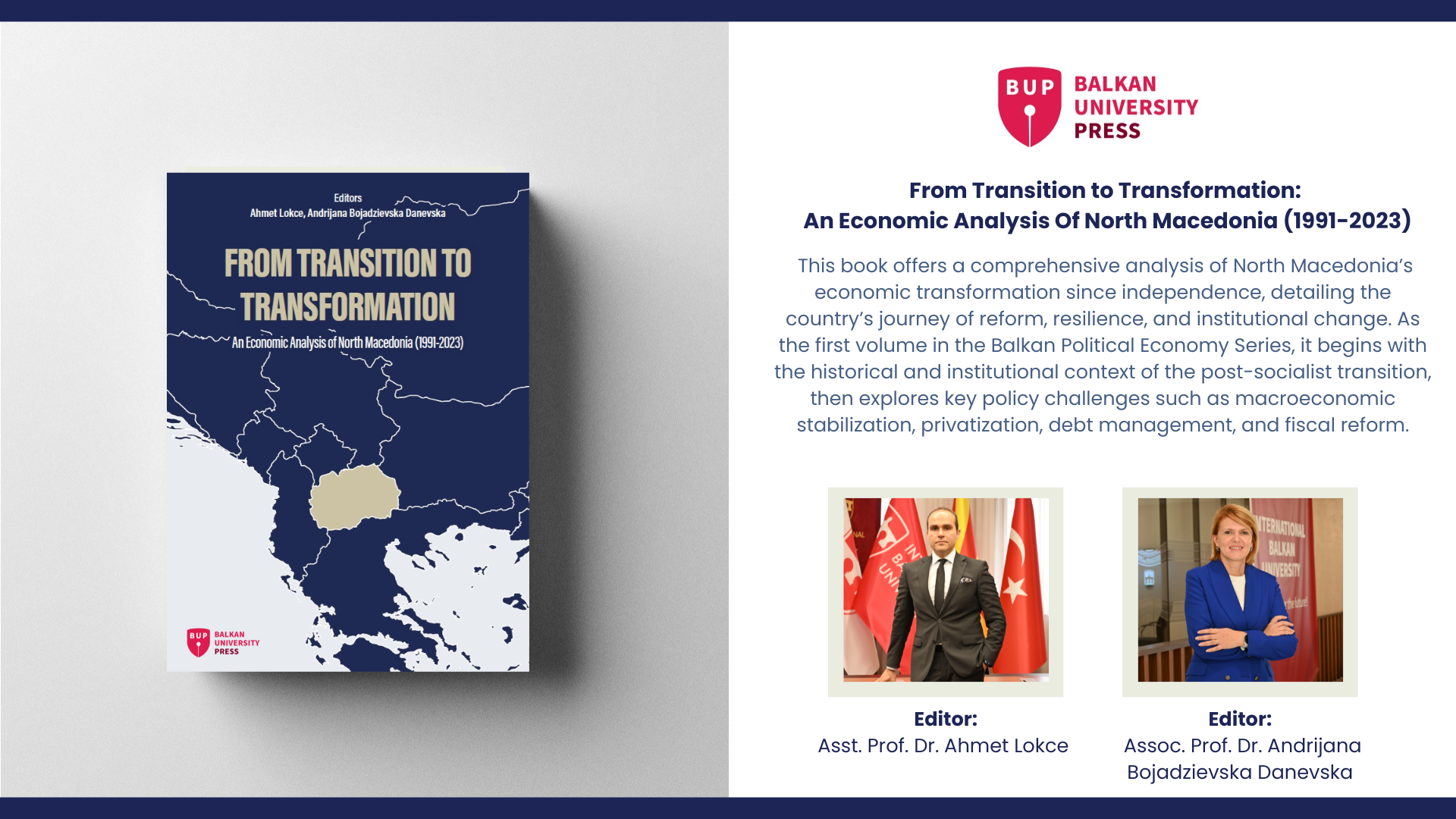
The first book of the Balkan Political Economy Series is published
Date: 07.10.2025 -

OPEN CALL for Book Chapters
Date: 08.10.2025 -

-
.png)
-

BUP Interview with Sumea Ramadani
Date: 24.10.2025 -
.png)
Publication of the book "Two Worlds of Healing" by Sumea Ramadani
Date: 05.11.2025 -
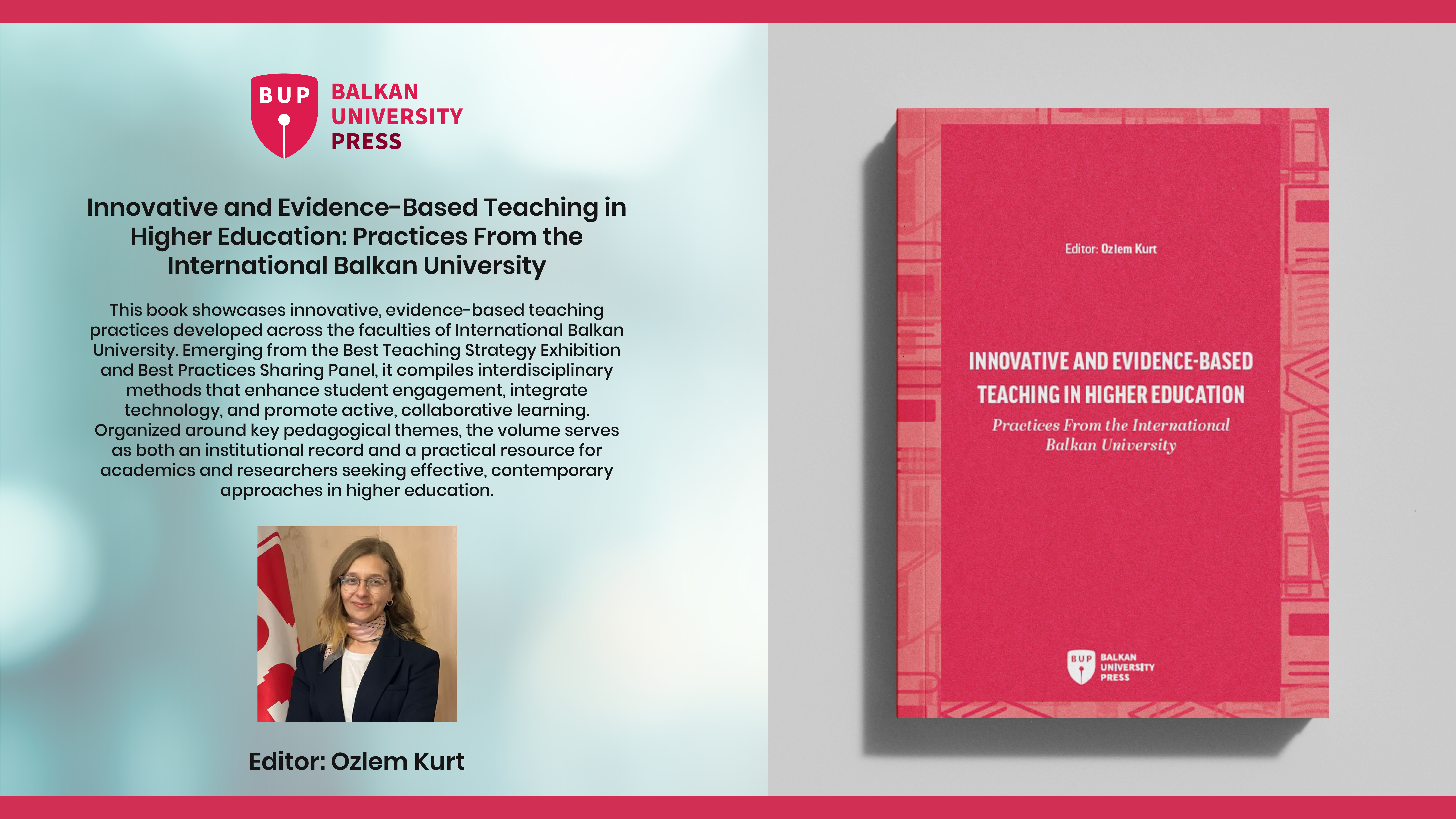
New BUP Publication
Date: 23.12.2025 -
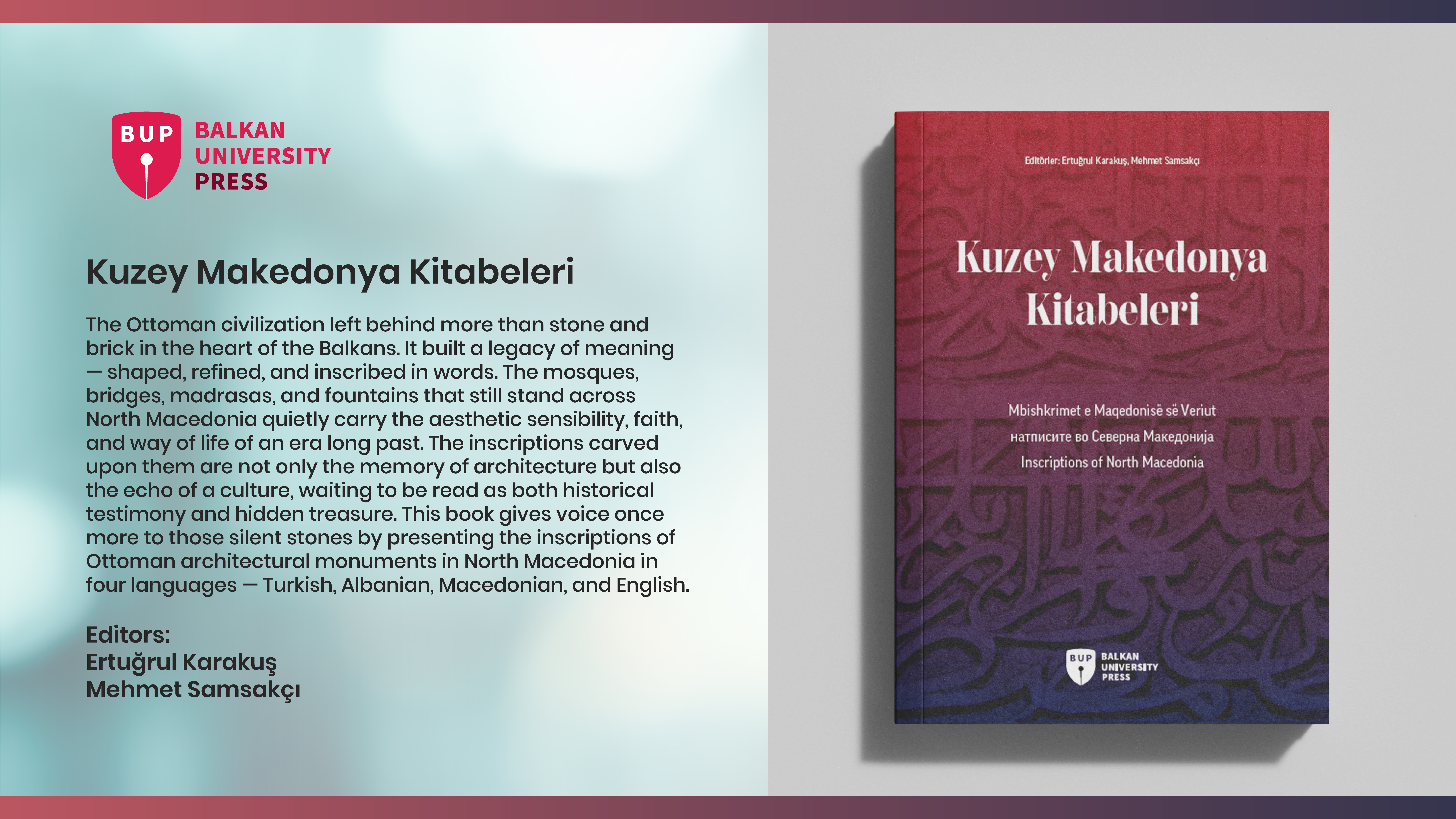
Publication of the book "Kuzey Makedonya Kitabeleri"
Date: 26.12.2025
